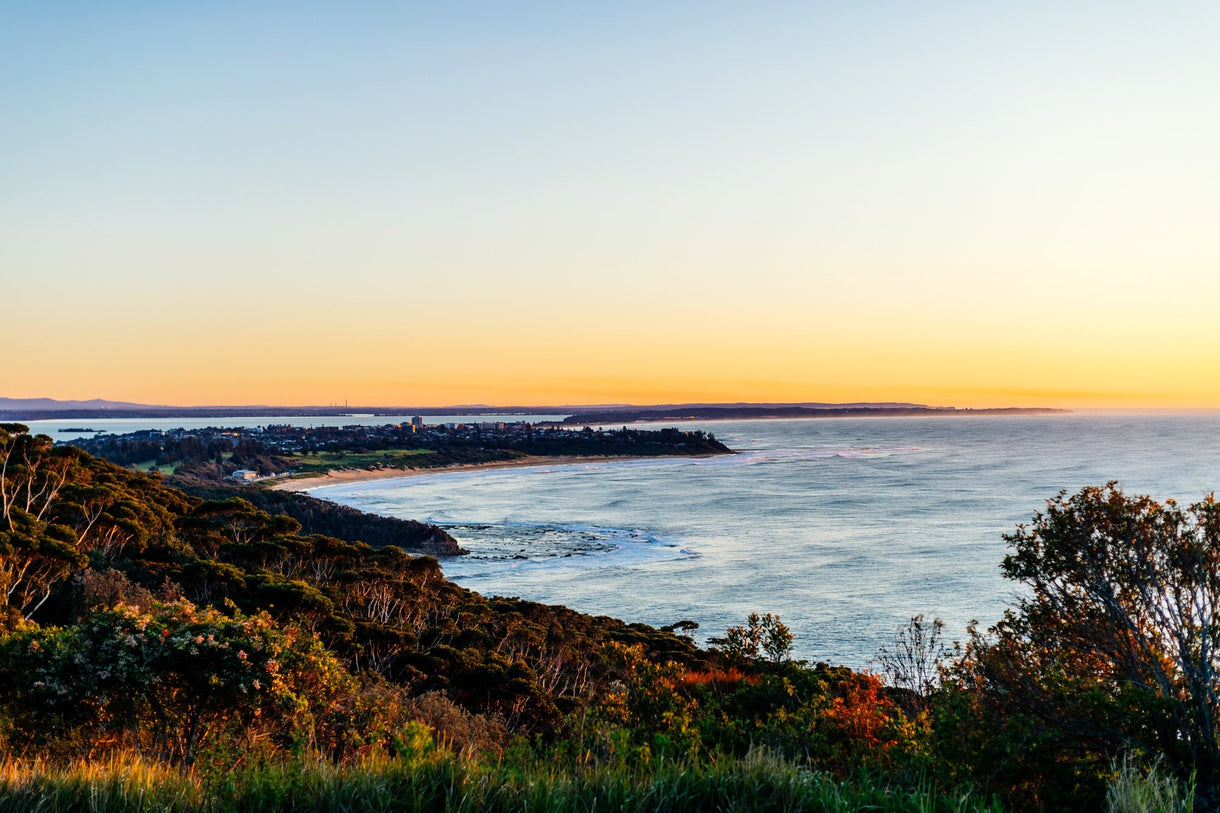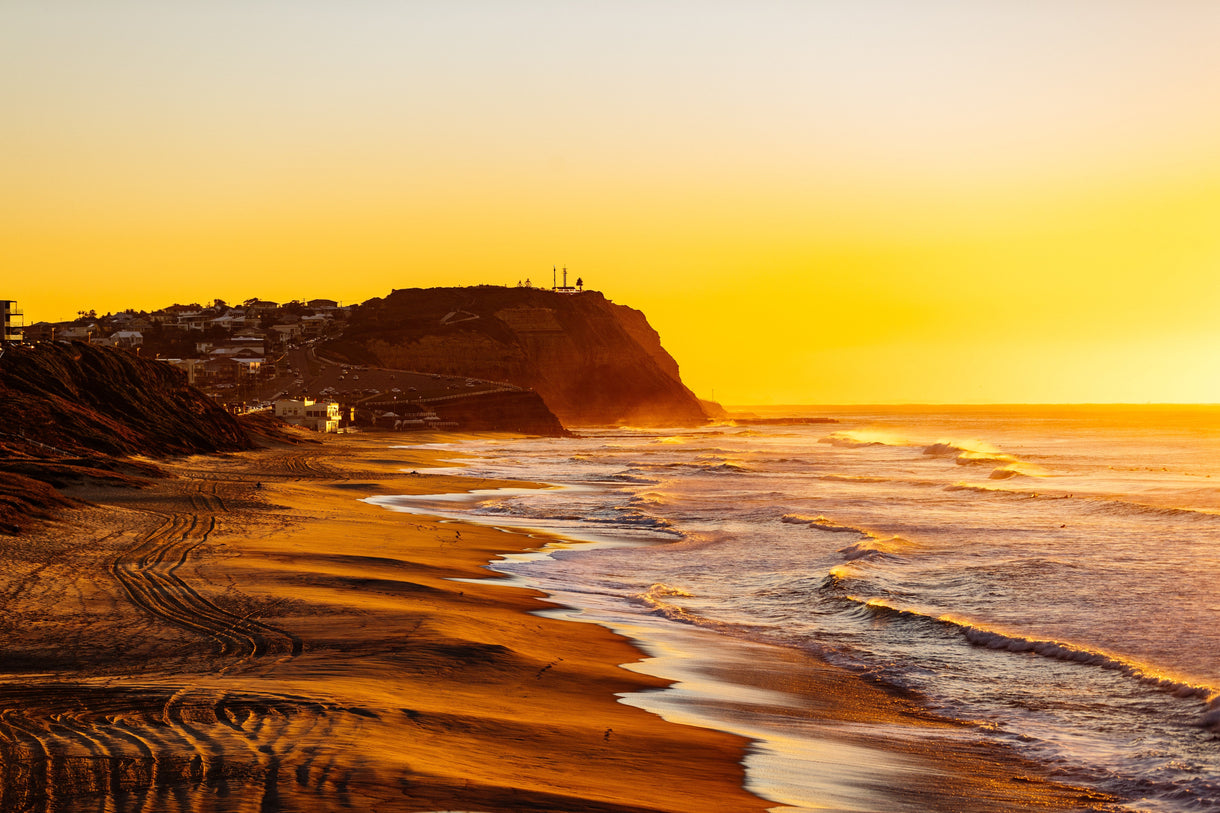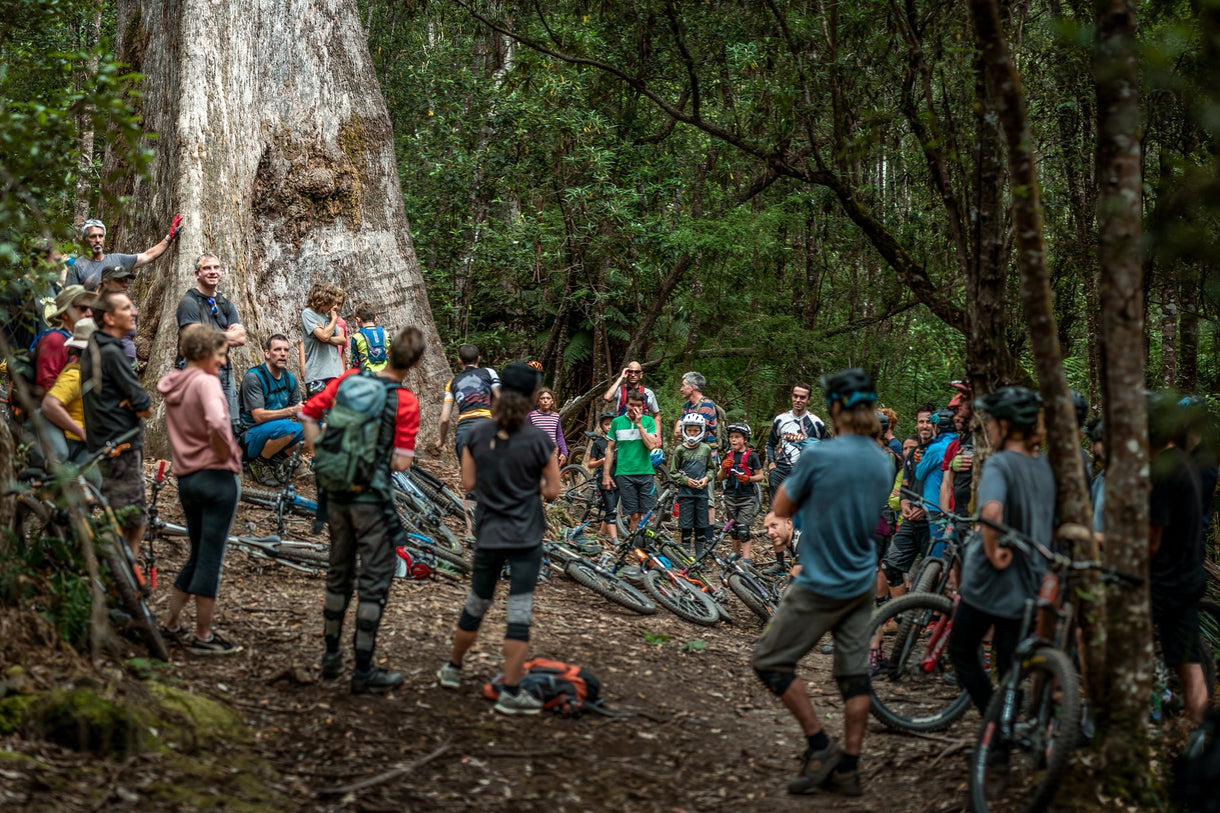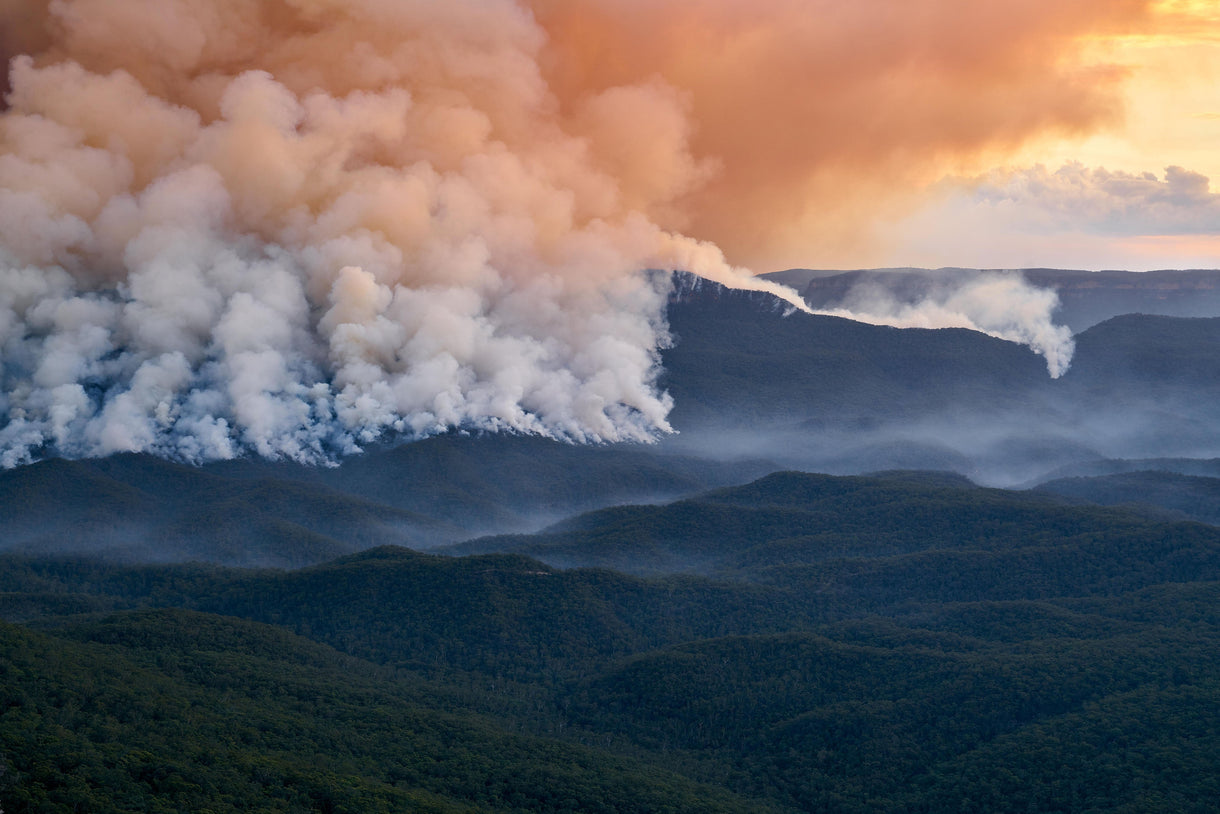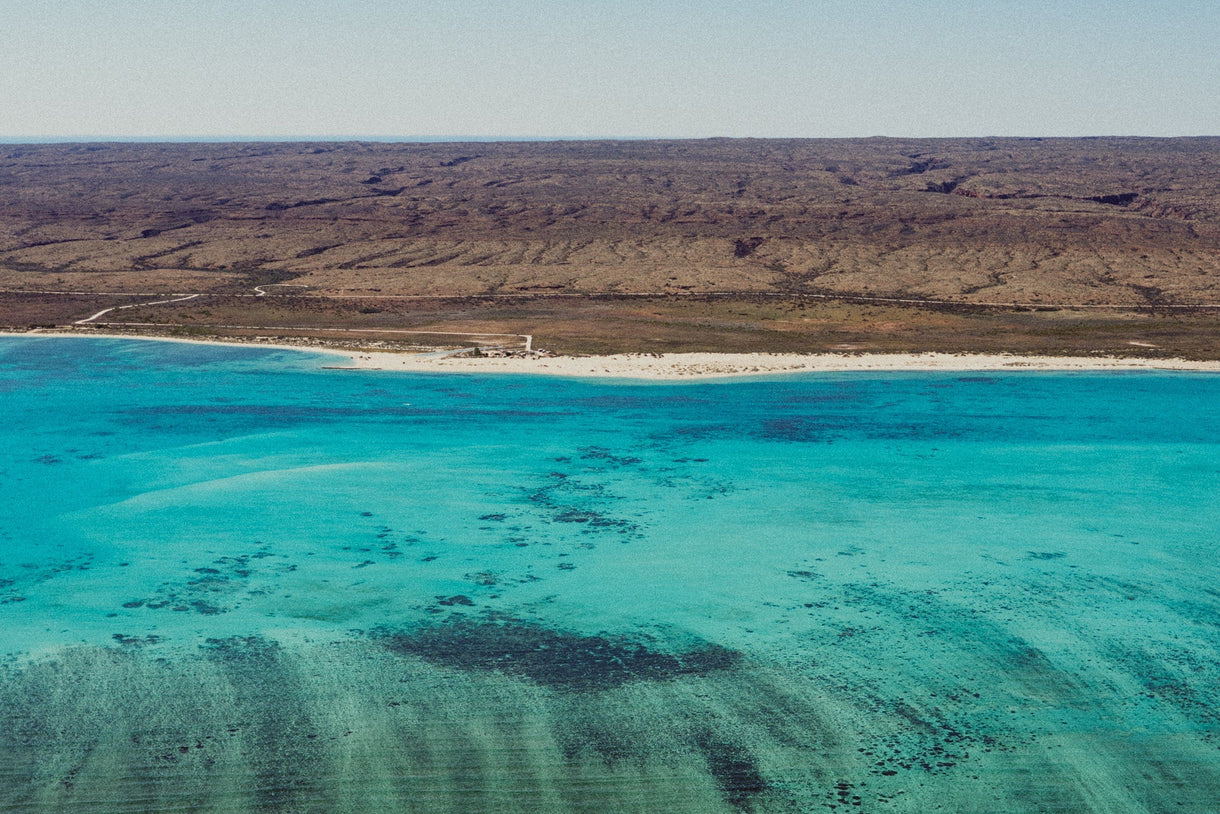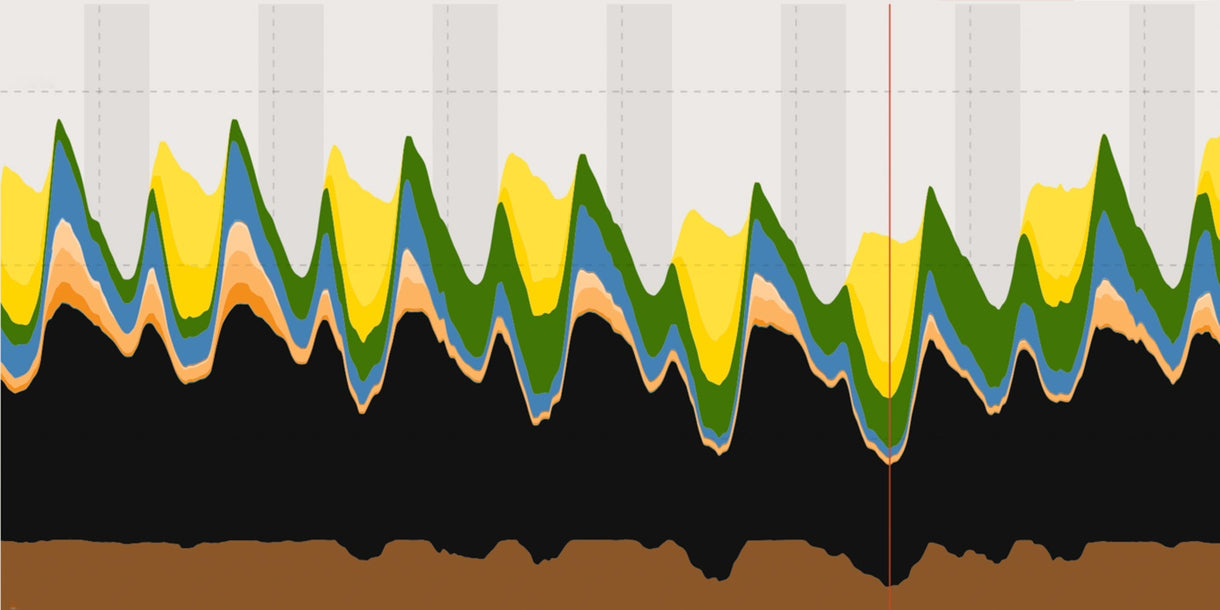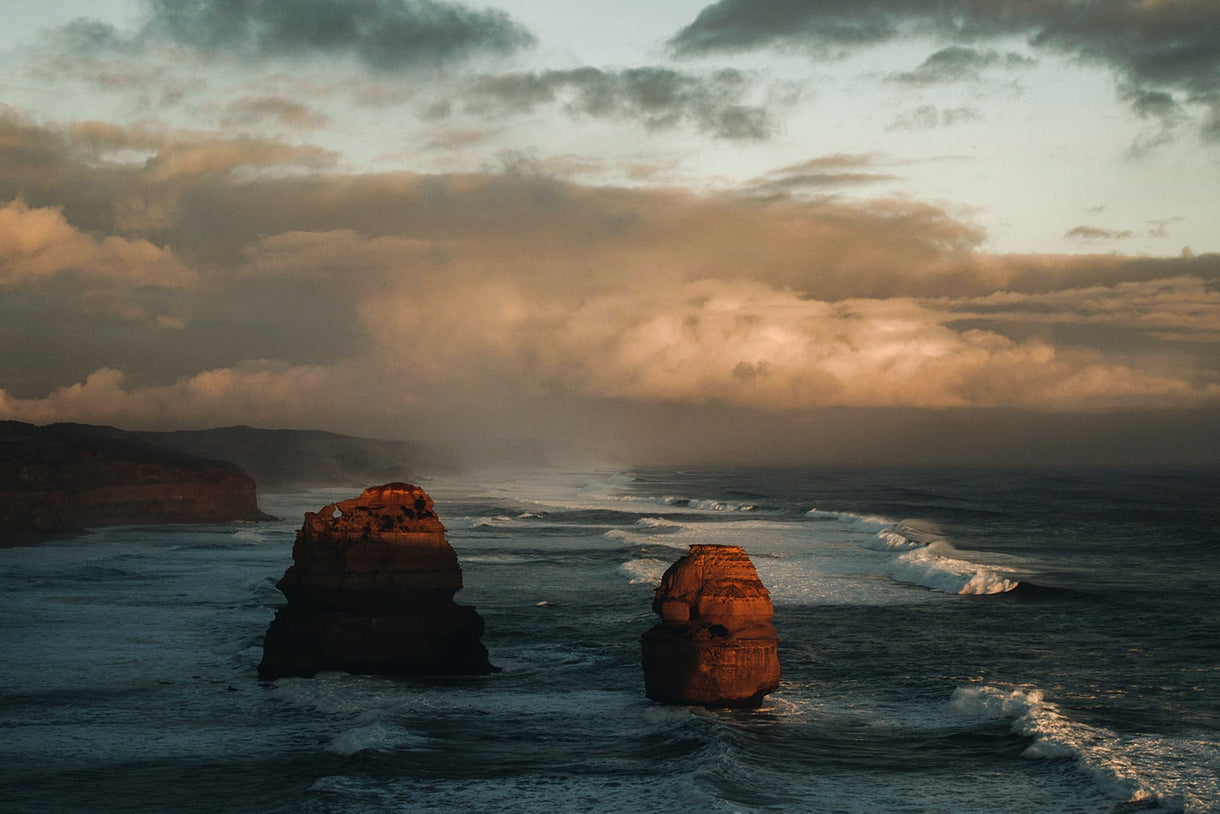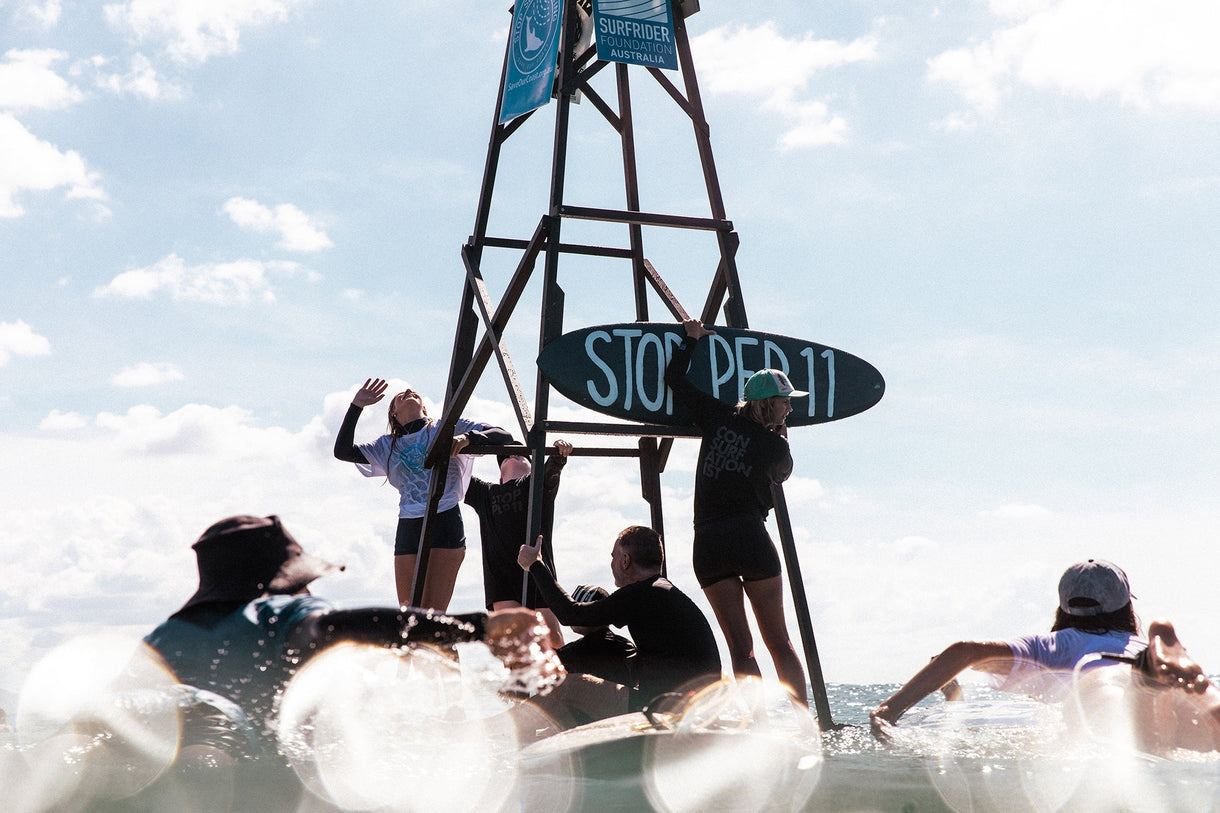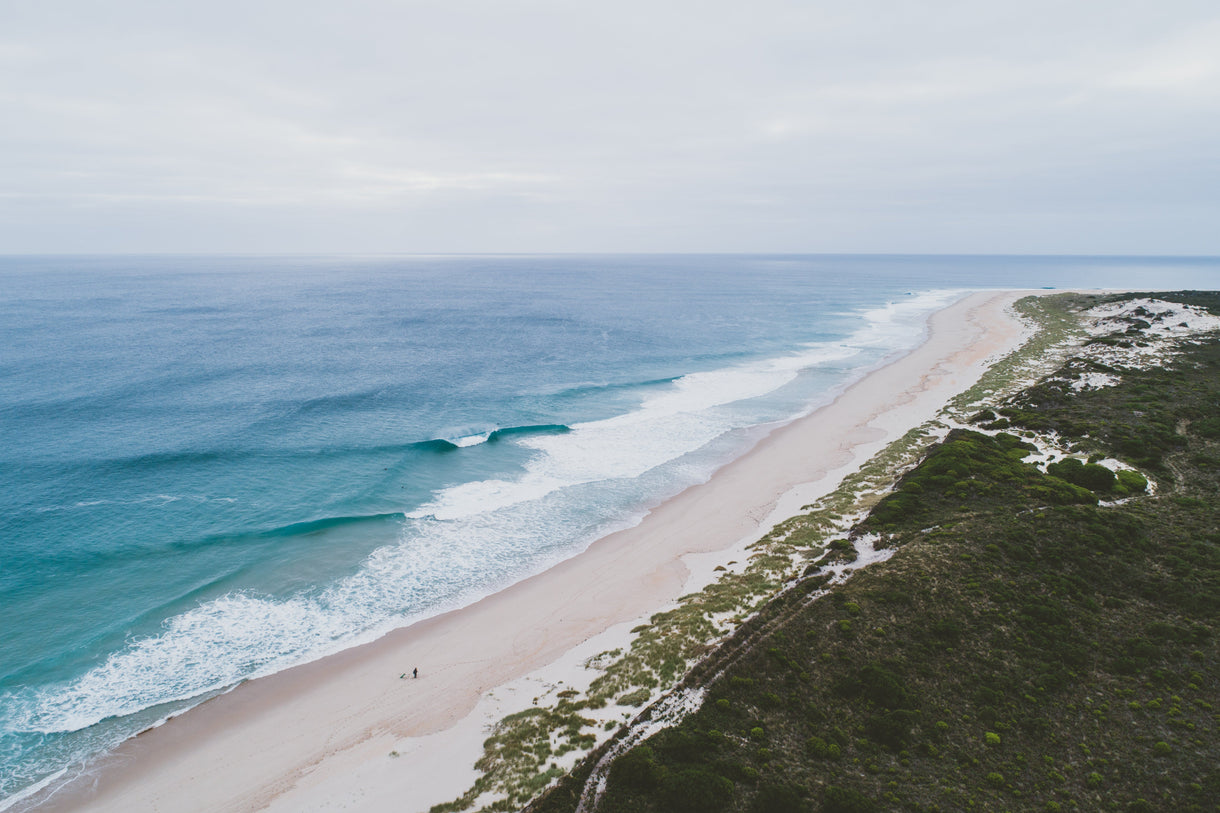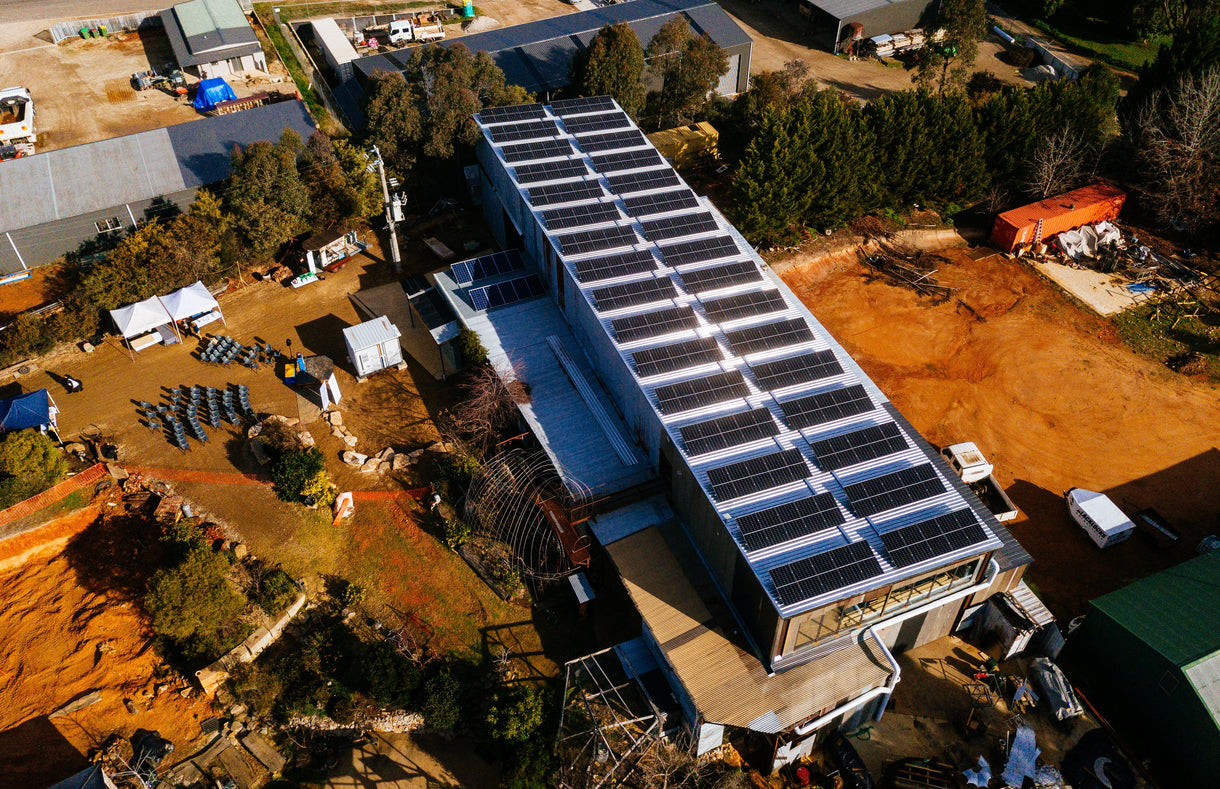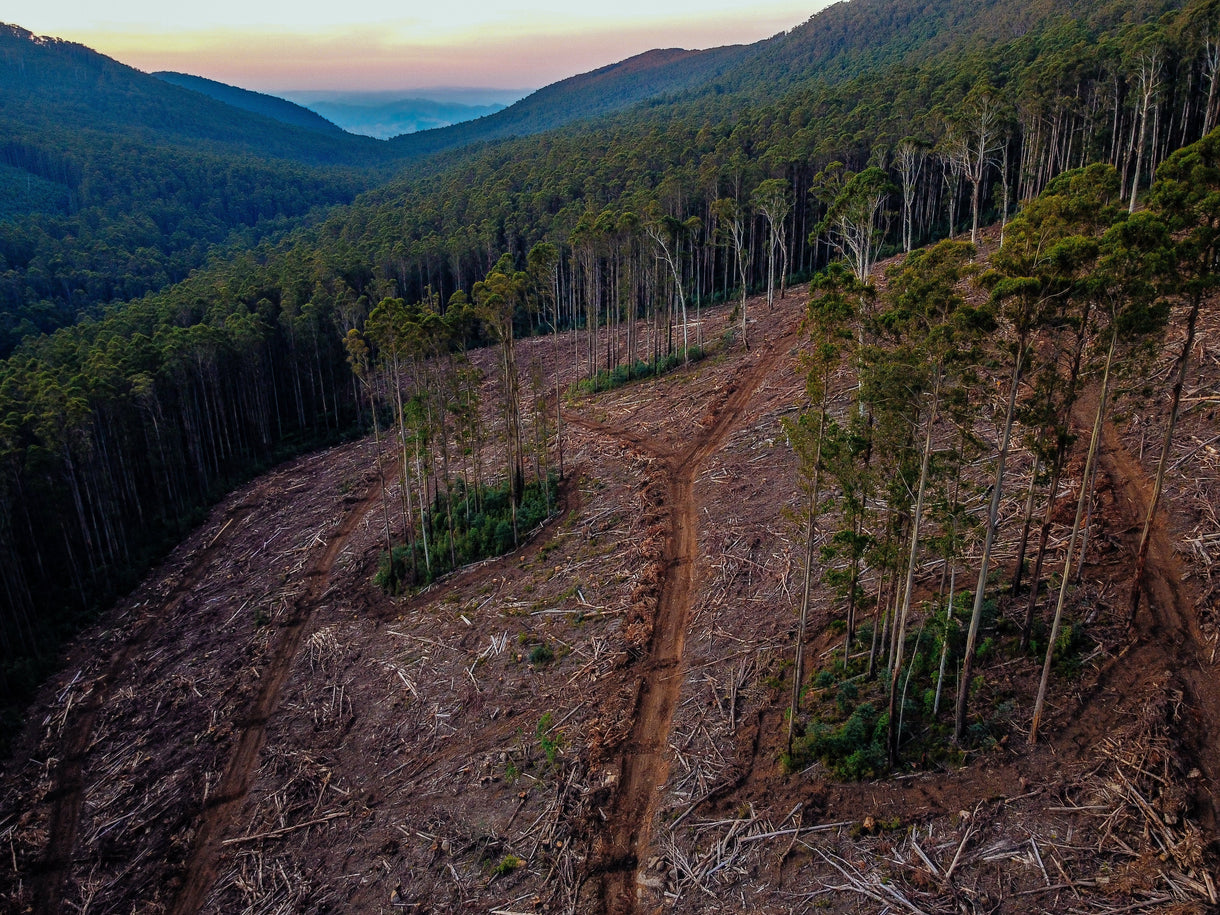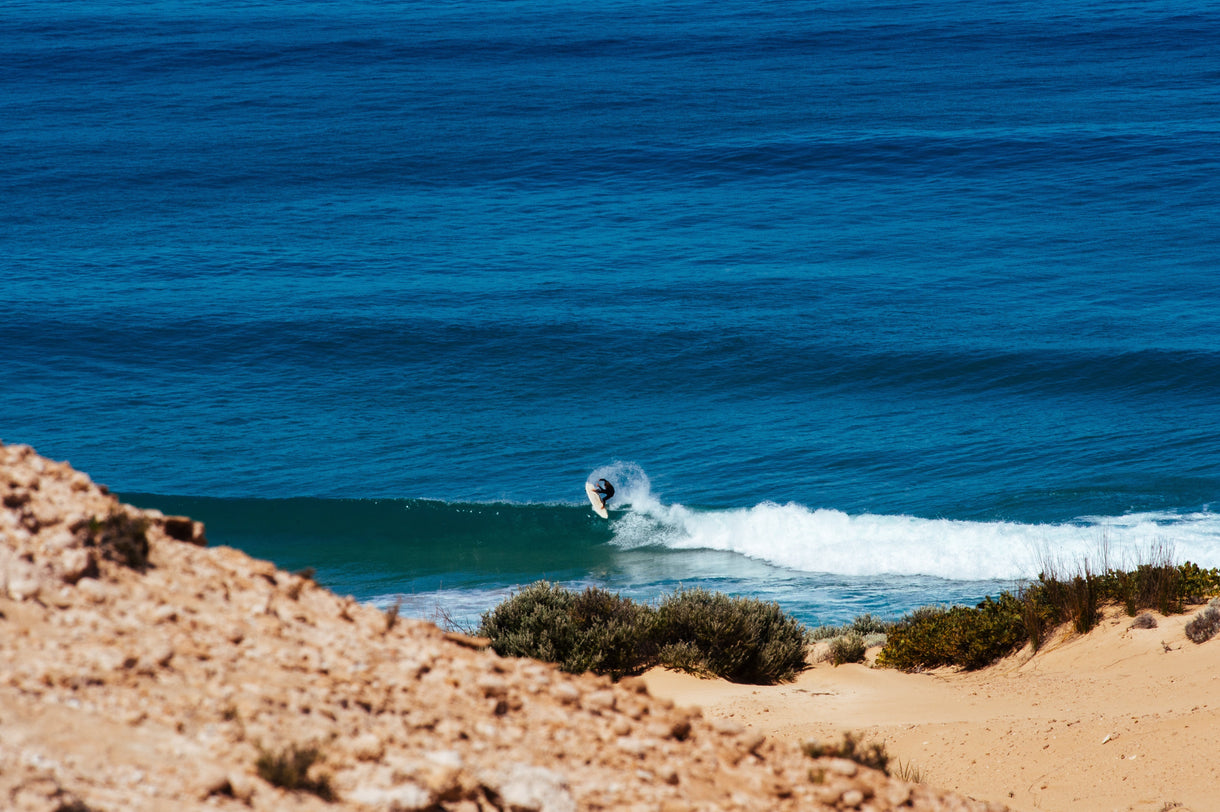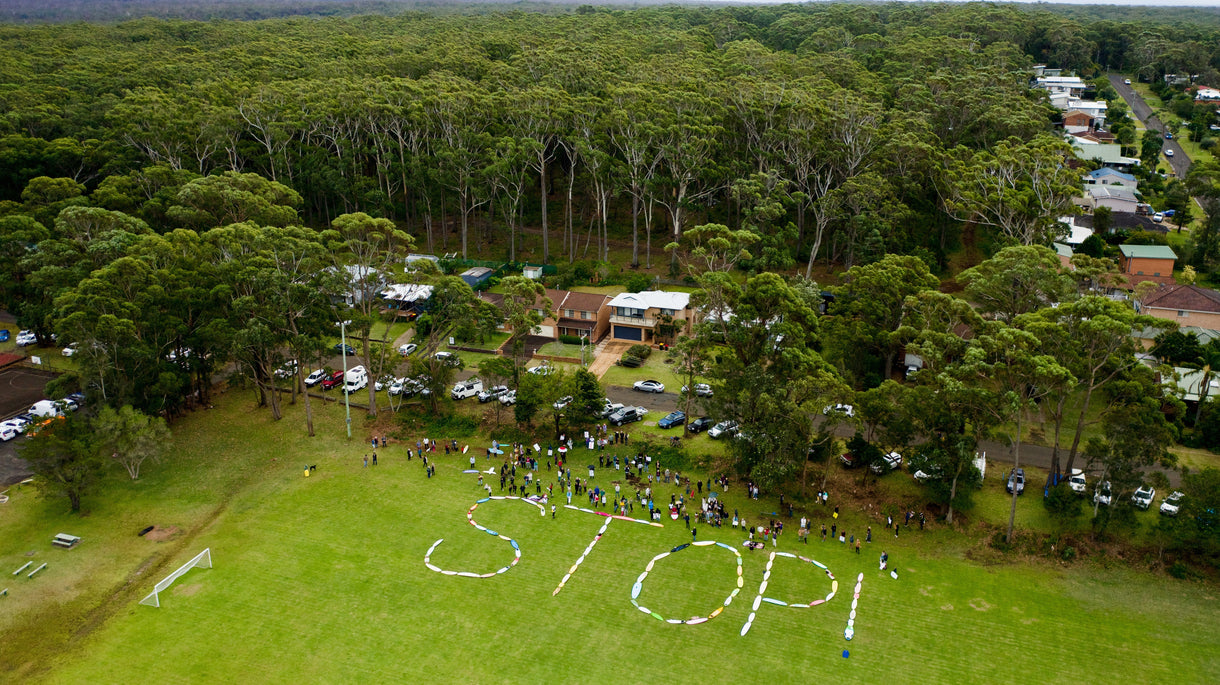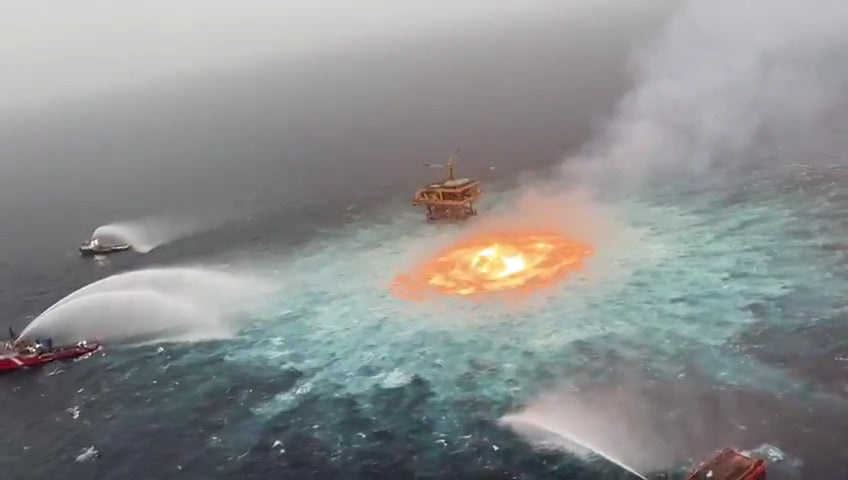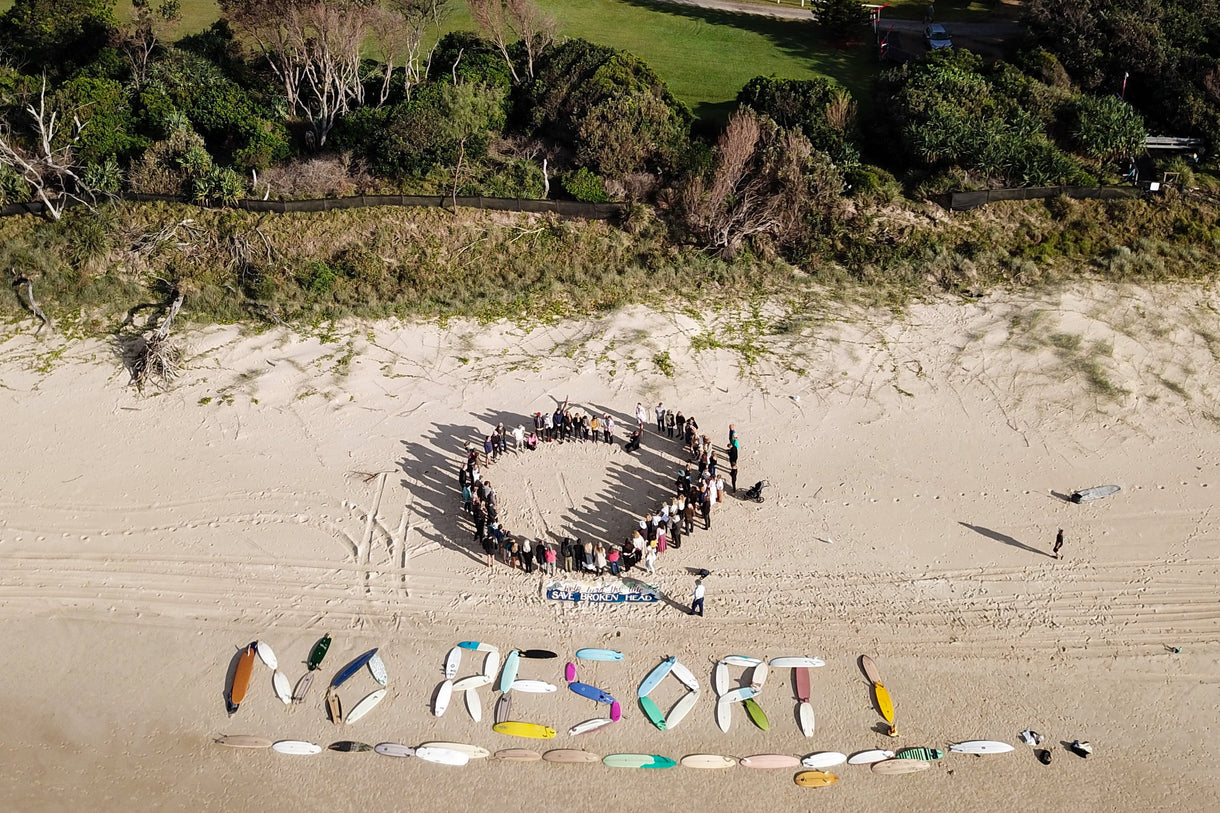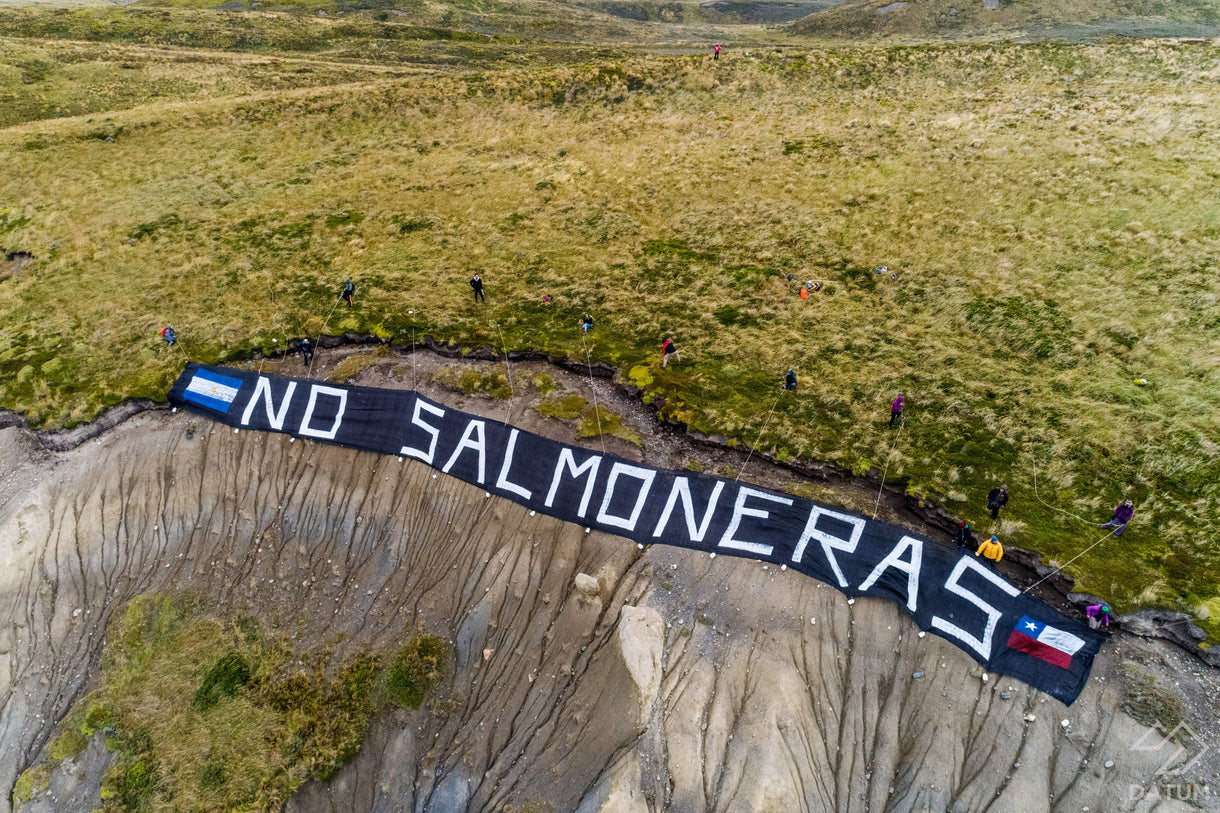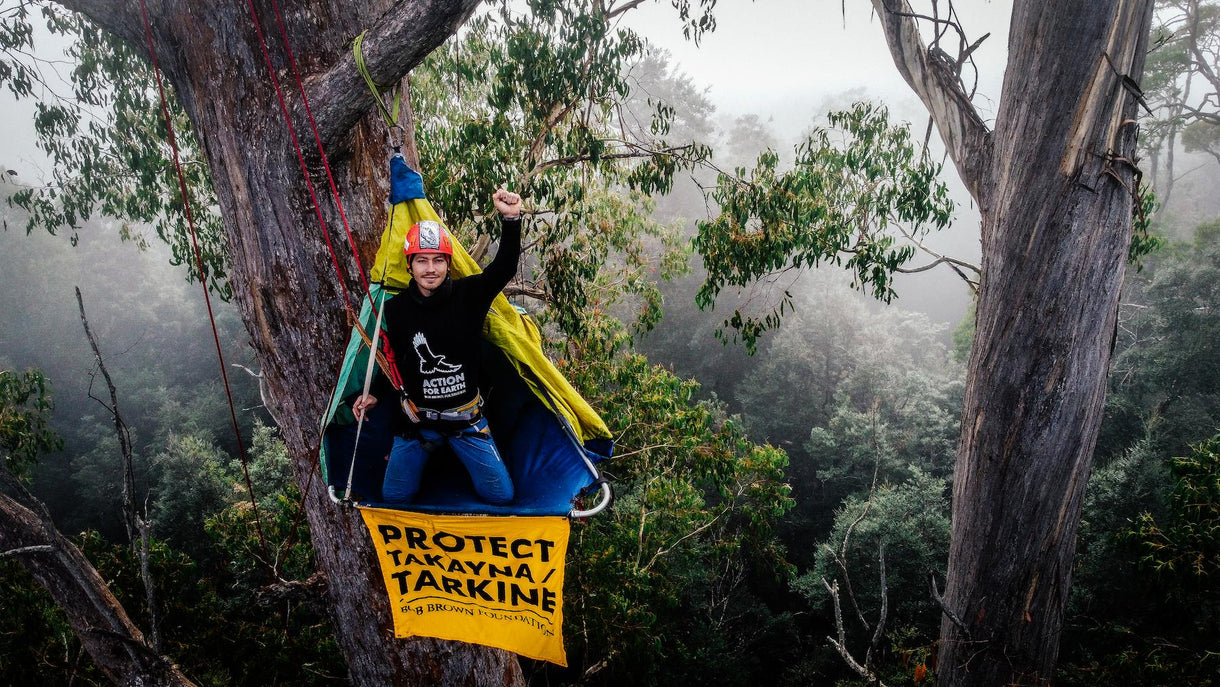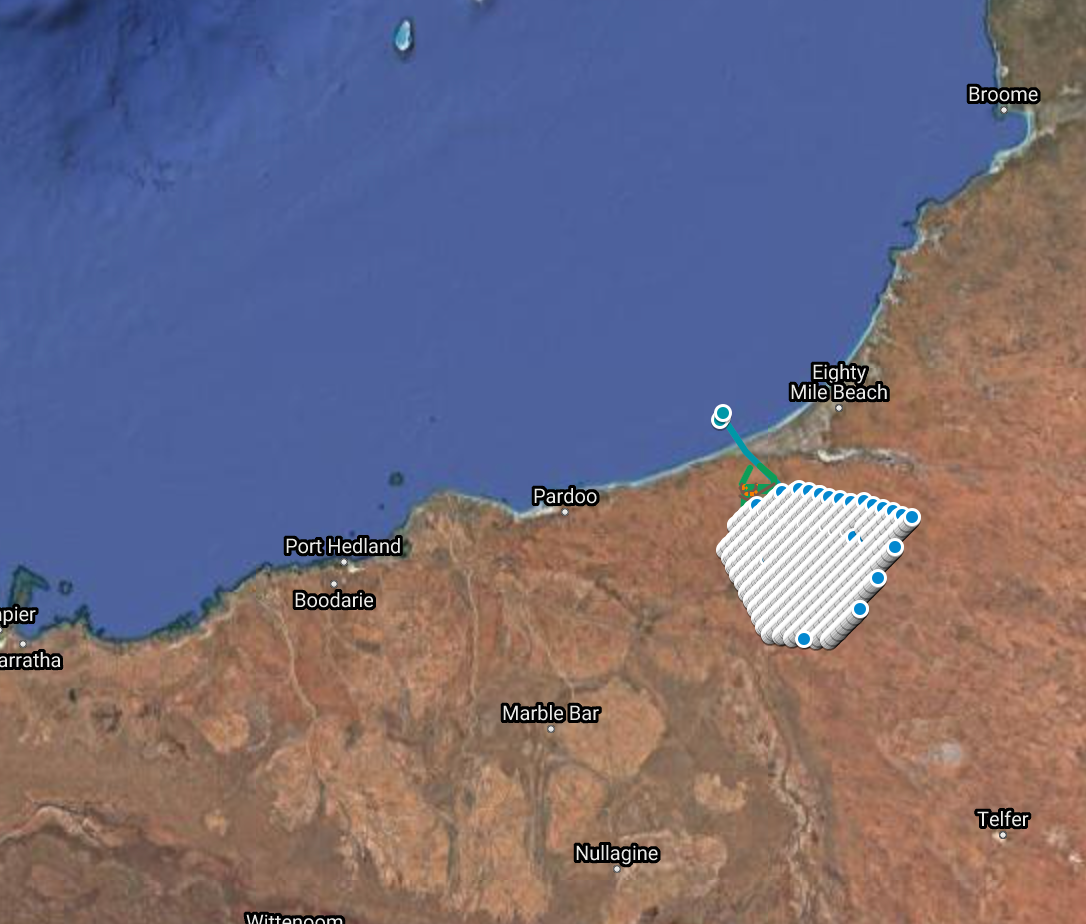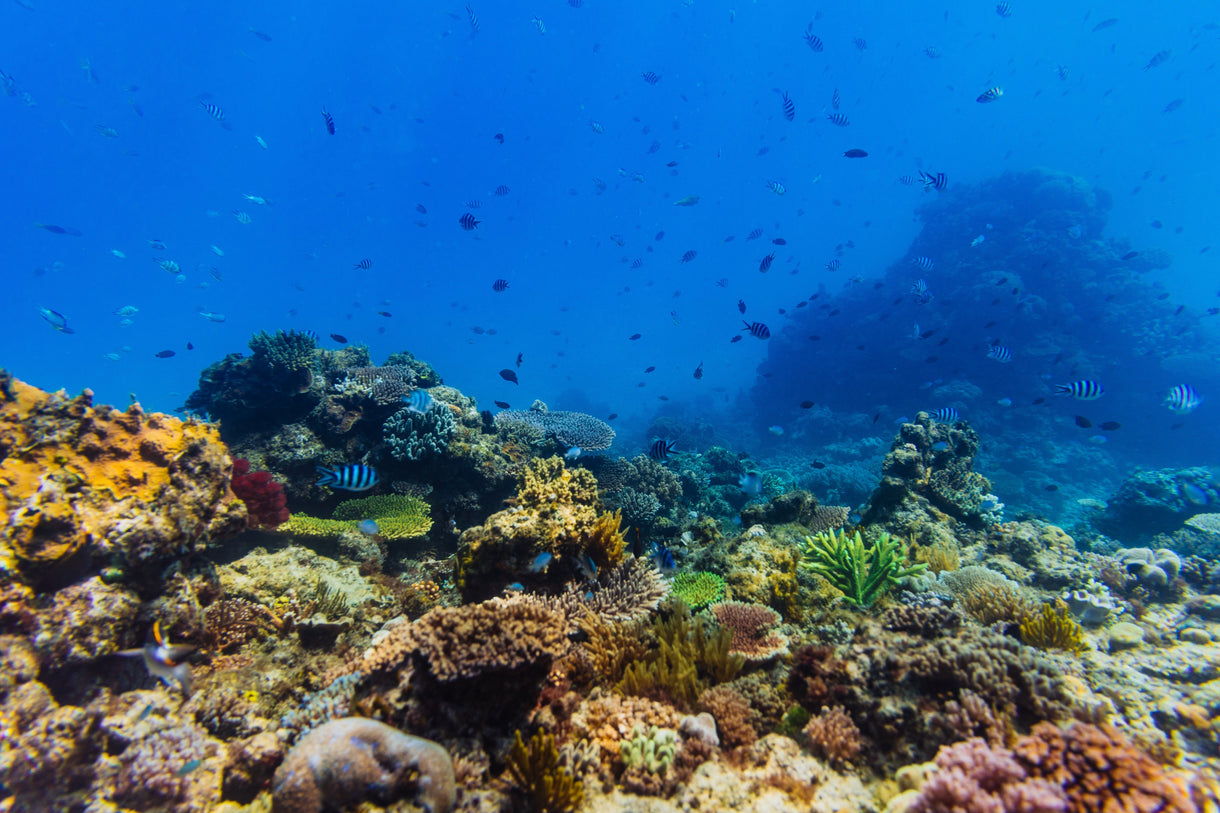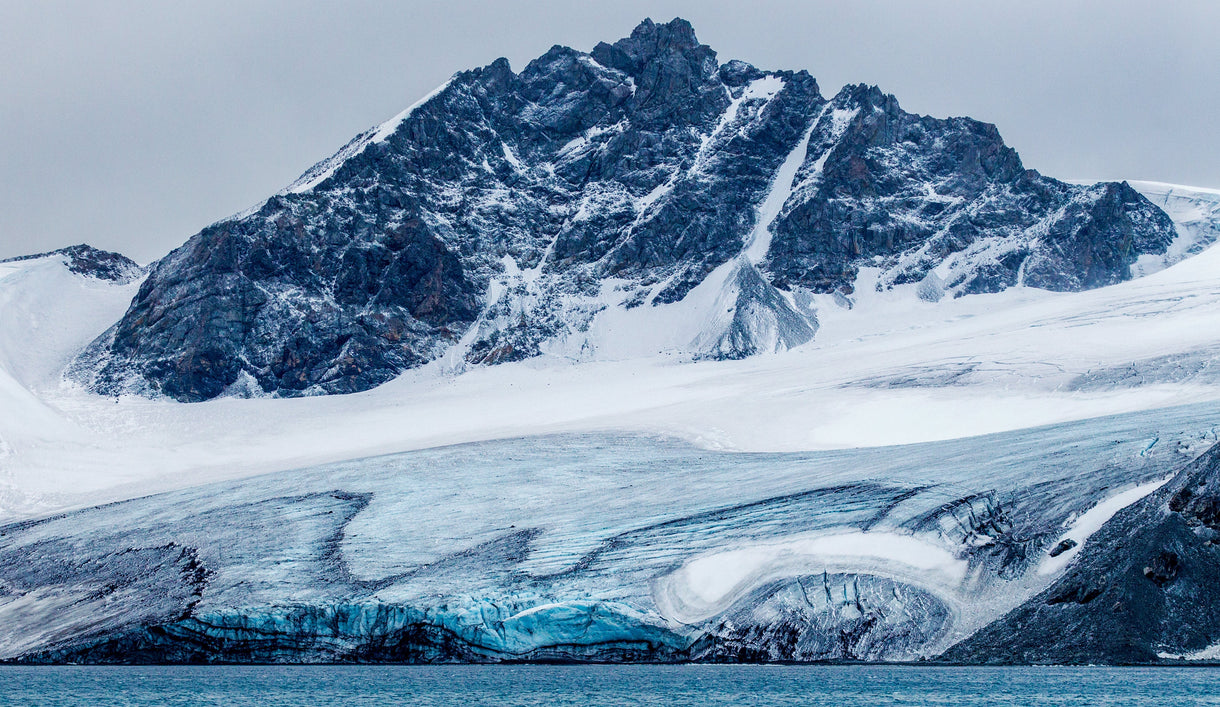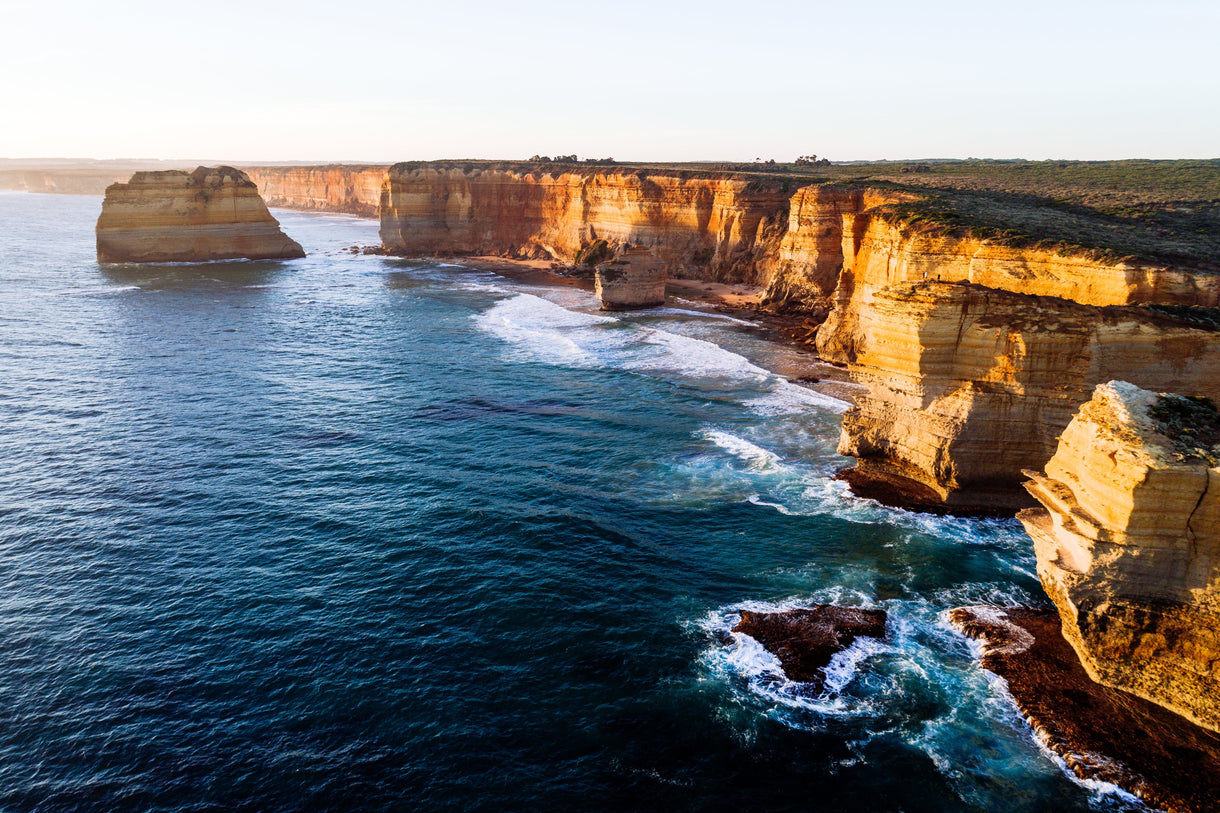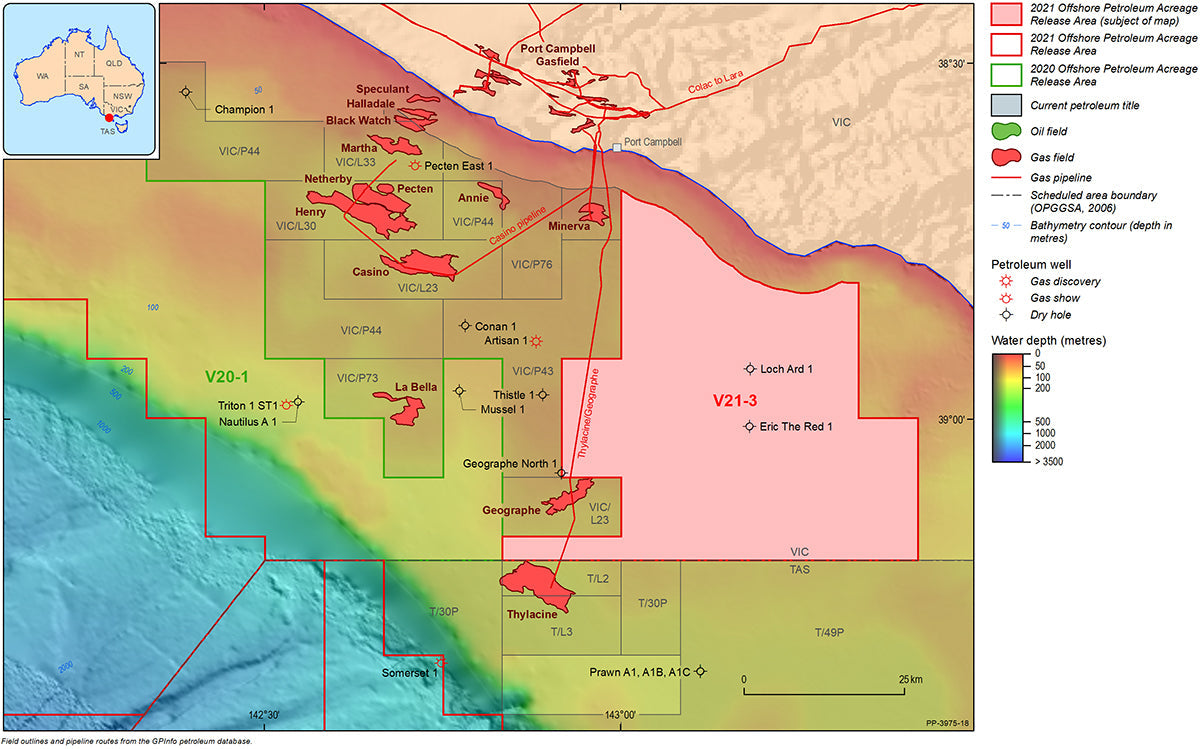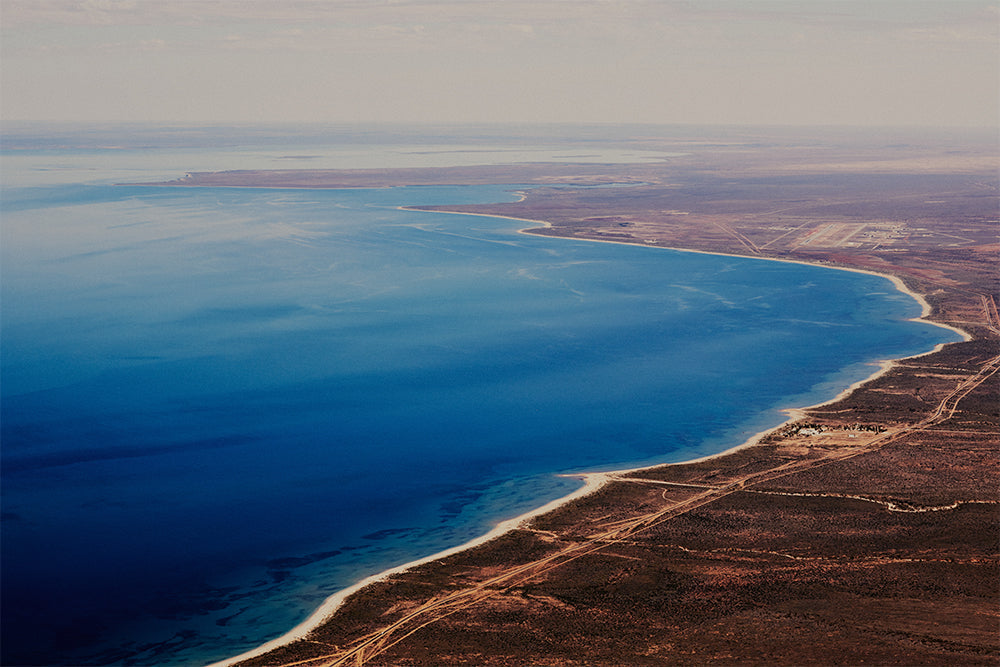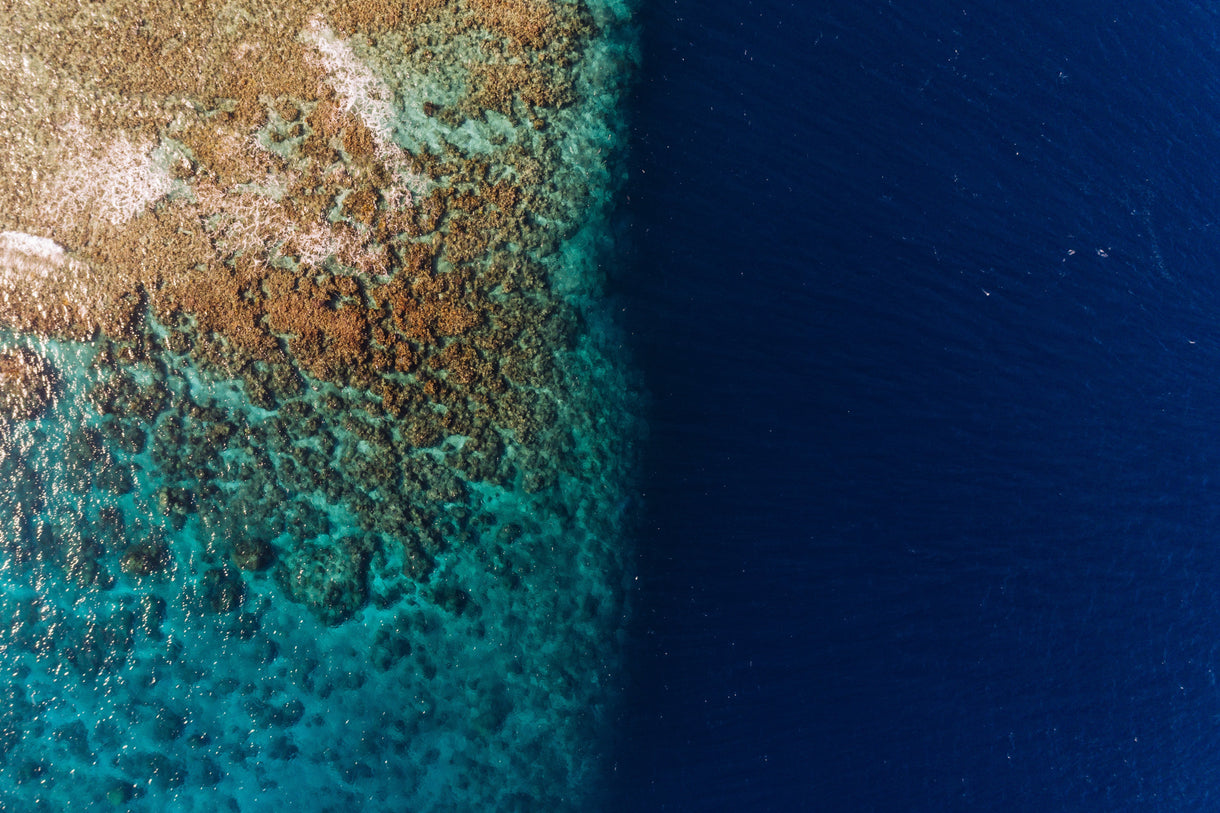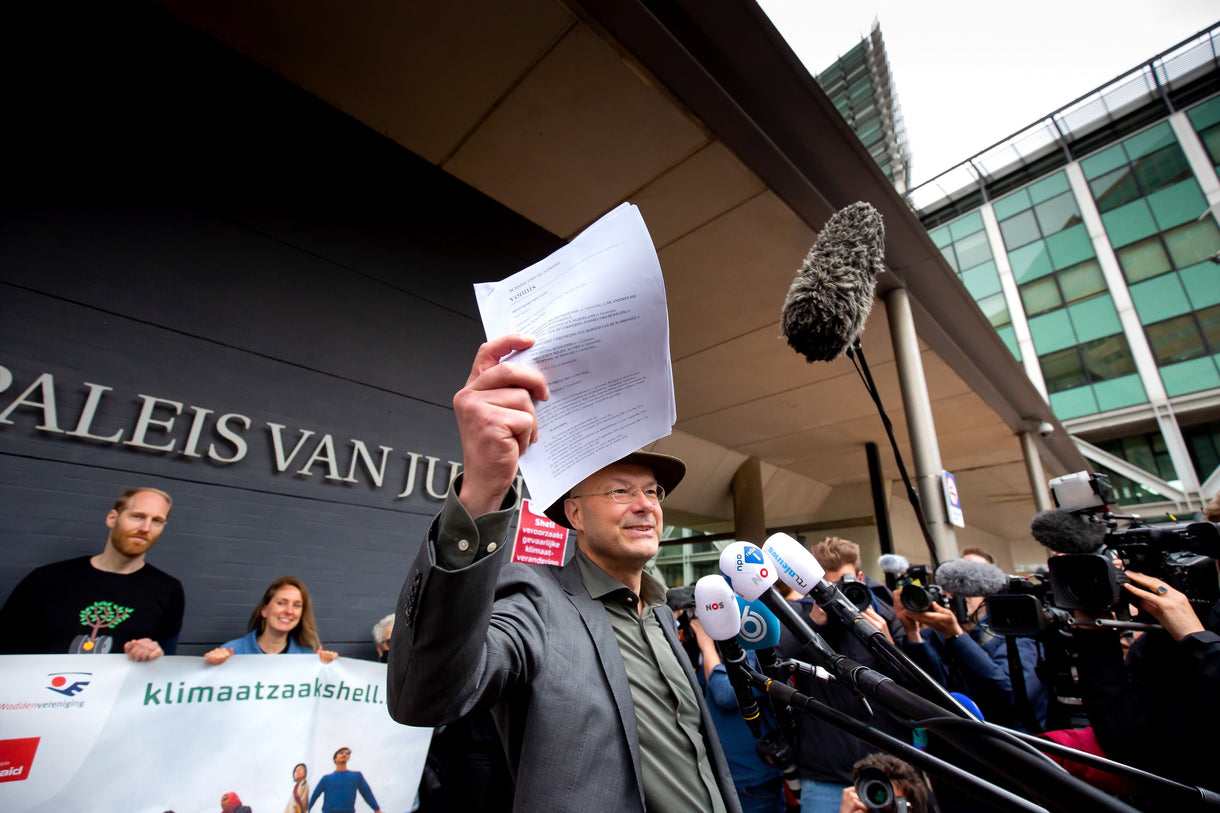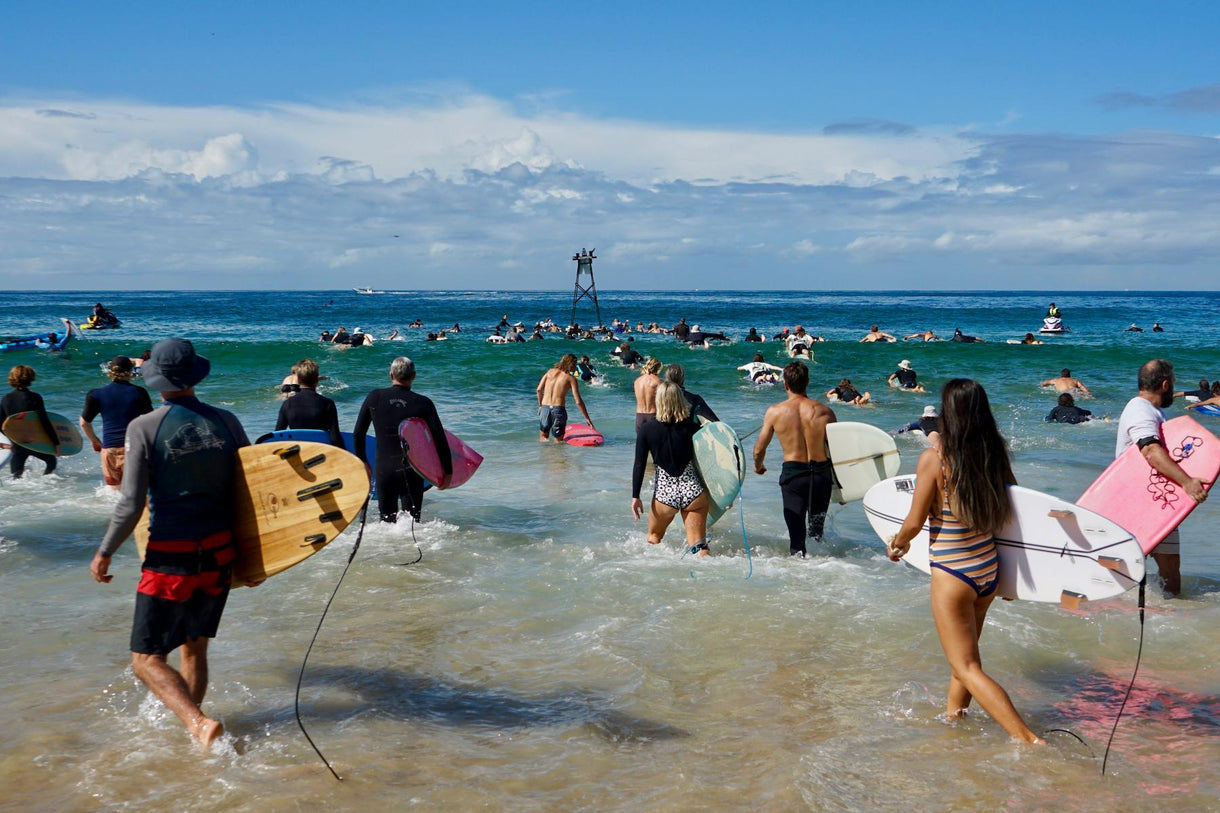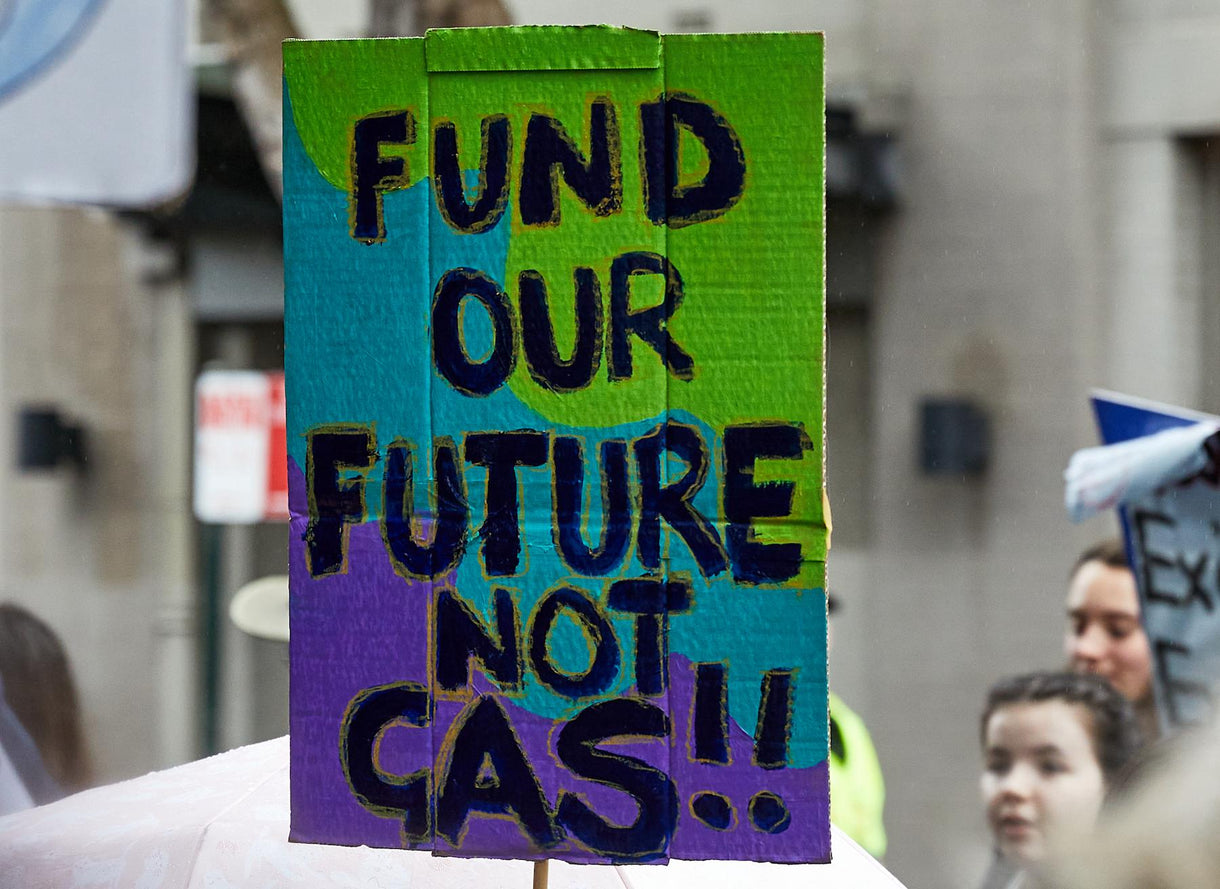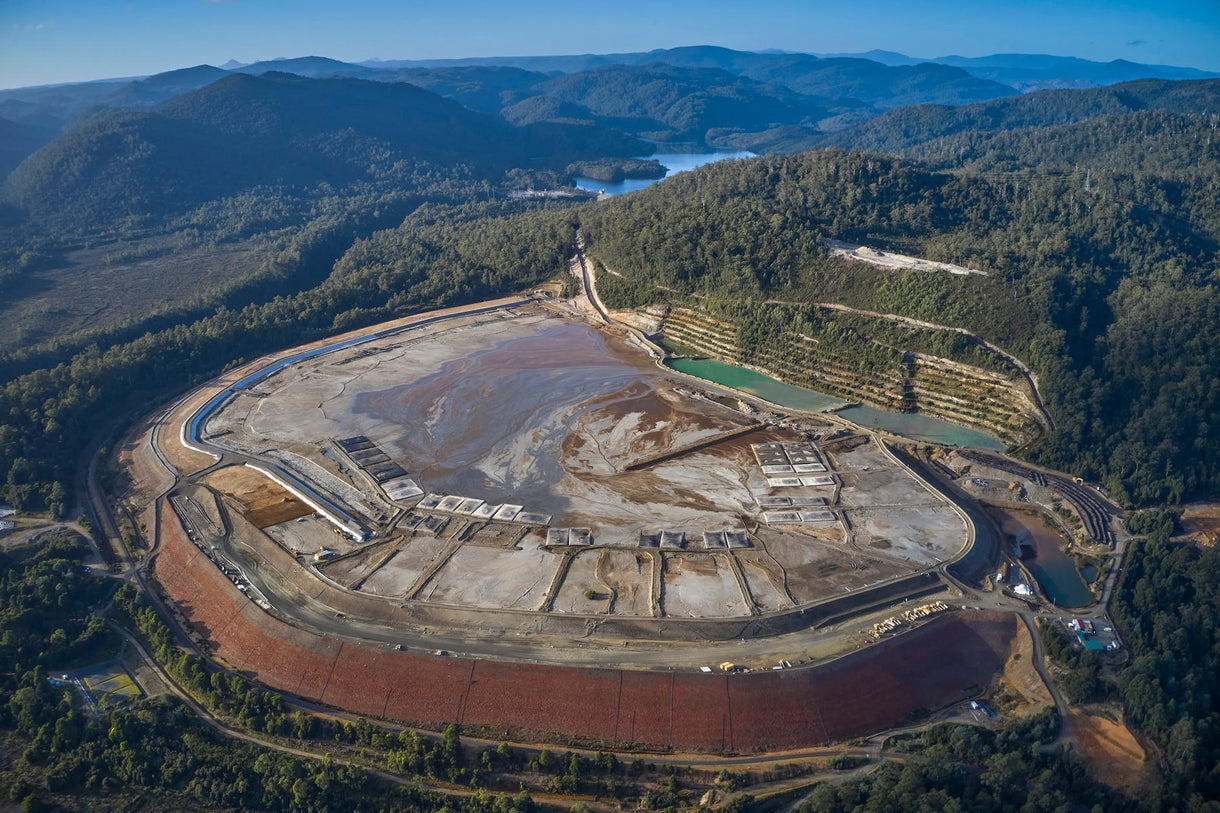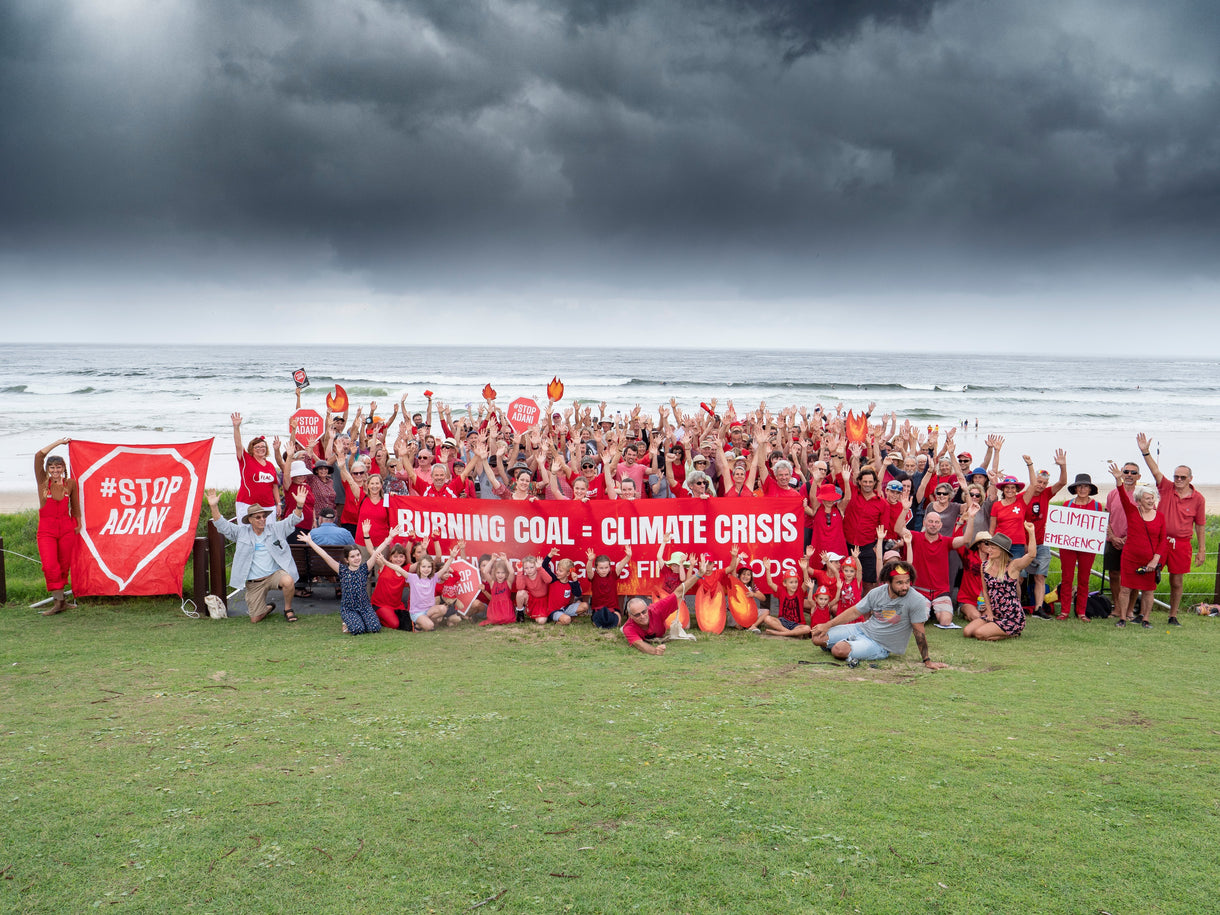Santos becomes the fourth major fossil fuel company to abandon plans to develop oil and gas in the Bight, following on from BP, Chevron and Equinor.
The company was awarded the exploration permit back in 2013, sharing it with Murphy Oil which owned a 20% stake. Santos stated their focus would now be on “pursuing disciplined growth across our core assets.” This means gas. They specified their enormous carbon-intensive Barossa project off Darwin, NT, as well as the Narrabri domestic gas project in NSW.
Santos’ abandoning of the EPP43 permit leaves Bight Petroleum as the sole energy company still active in the Bight, although earlier this year they had an extension of their work program knocked back by NOPTA, the titles administrator.
"They should never have been here in the first place, but it’s reassuring that the dominoes keep falling"
The news of Santos’ withdrawal was met with relief by locals in the Bight. “That’s good news for the Bight, definitely,” said Patagonia surf ambassador Heath Joske. “They should never have been here in the first place, but it’s reassuring that the dominoes keep falling. Why would you ever risk this coastline and the livelihoods of the people who live here for the profits of an energy giant? And the idea of developing new fossil fuel reserves at a time when we’re really seeing climate change start to bite is just crazy.”
With just one active exploration permit left in the area, Joske says the Bight should now be afforded permanent protection. “The final step now is to get rid of all oil and gas exploration in the Bight and protect it for good.”
Santos’s decision follows on the back of Norwegian giant Equinor’s decision early last year to abandon plans to drill for oil in the Bight’s deep waters. Equinor’s $200 million drilling program would have established a beach head for the oil and gas industry in the Bight, but the company ran into strong opposition from community, Indigenous, and environmental groups.
The Fight For The Bight became a global campaign that put energy giants on notice that local coastal communities wouldn’t simply sit back and allow their coasts to be industrialised and risked. “It really changed the dynamic,” said Heath Joske, who became a leading figure of campaign. “Until that point it felt like these companies could just turn up and get their developments rubber stamped. The Fight For The Bight really turned the tide against them.”
Banner image – Heath Joske enjoys a pristine Bight wave. Photo: SA Rips.

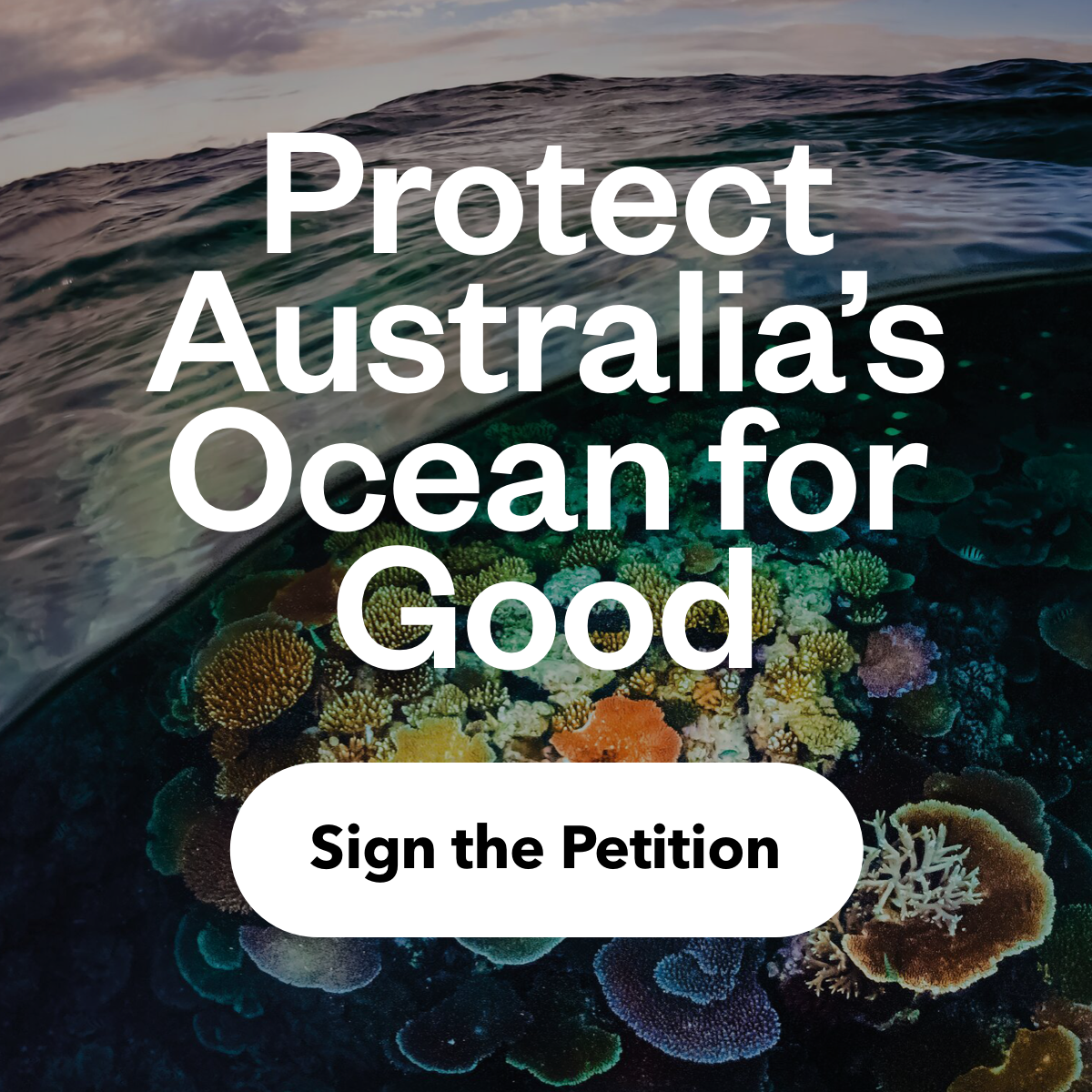
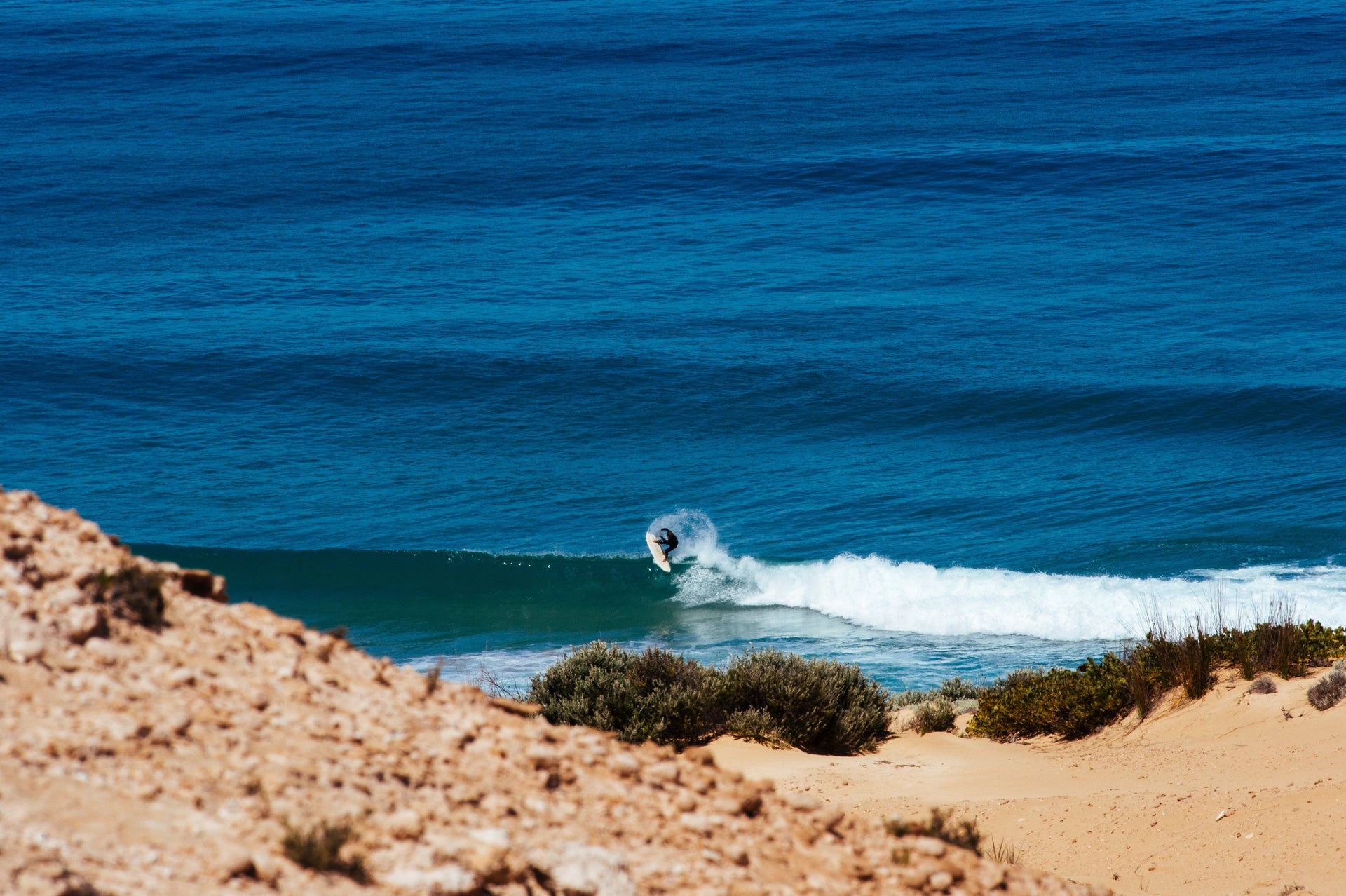

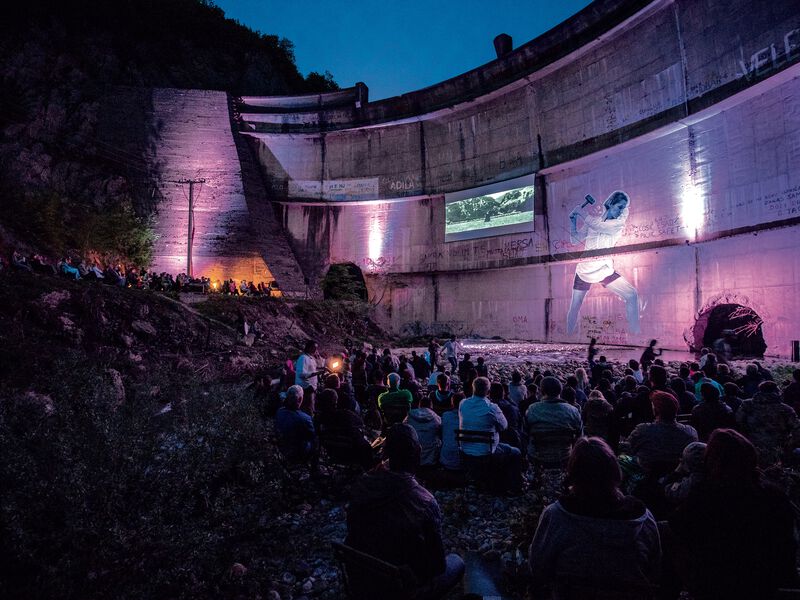


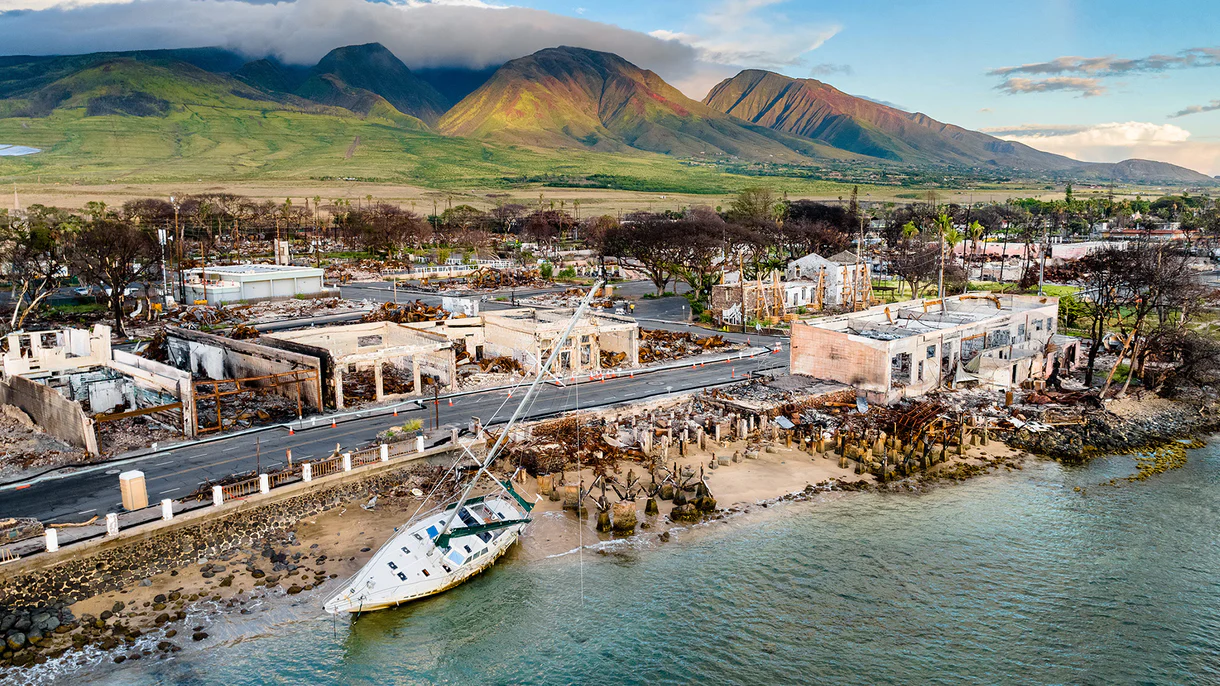

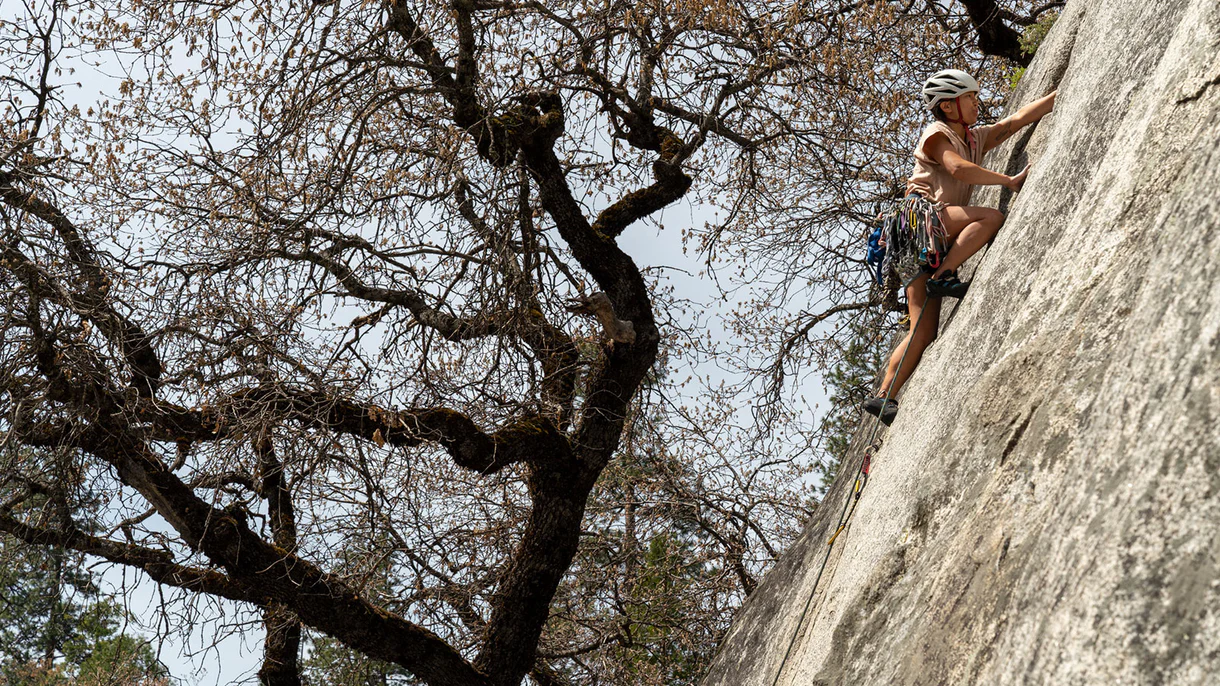

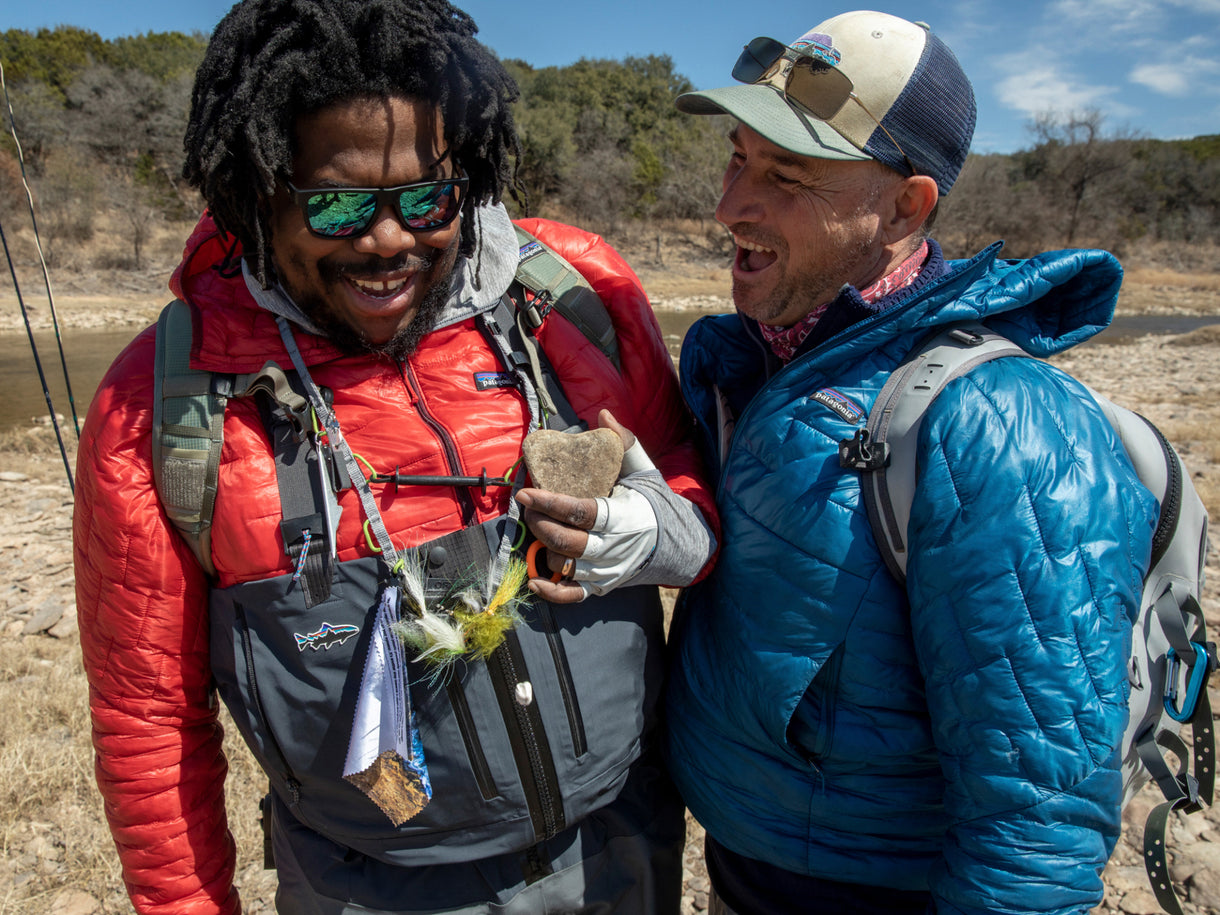


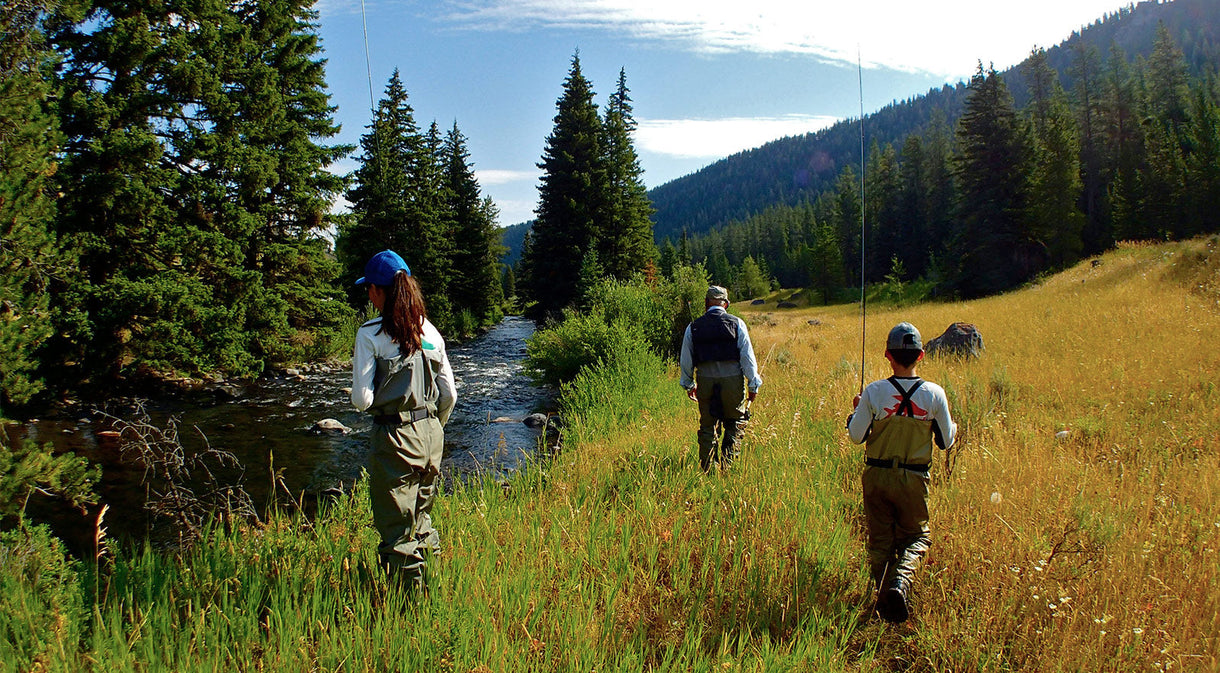
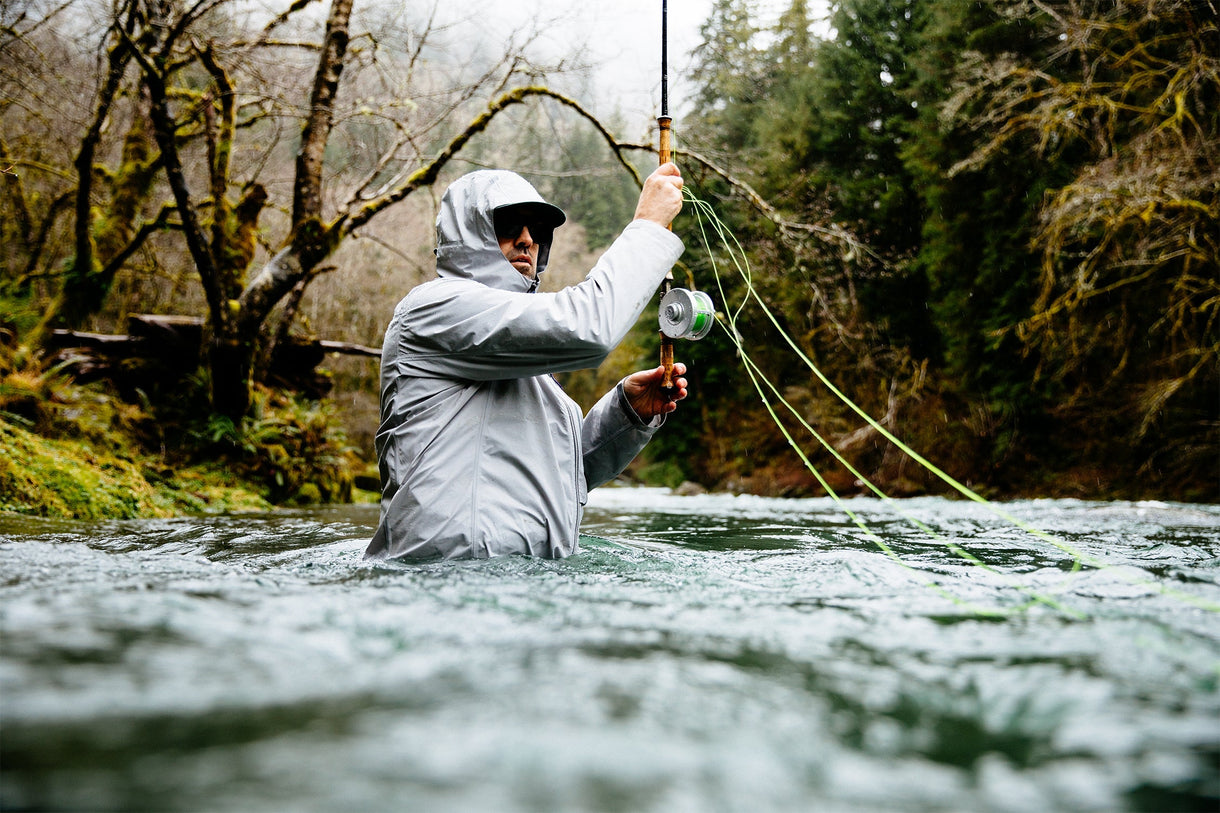






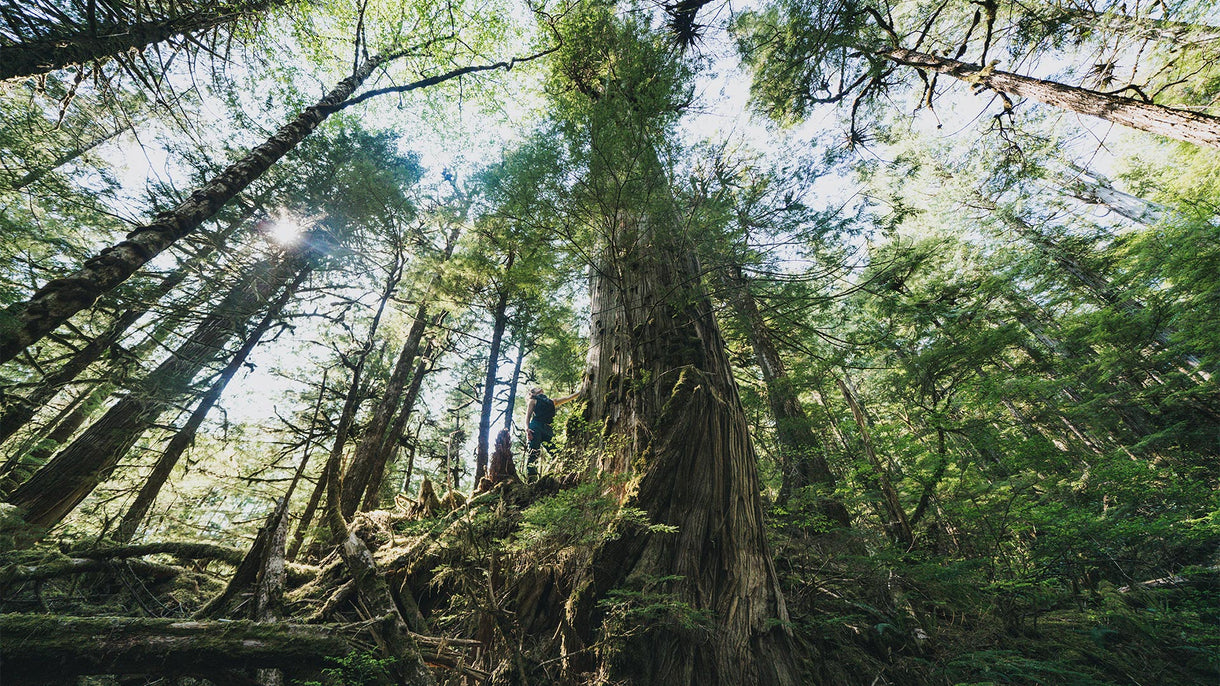
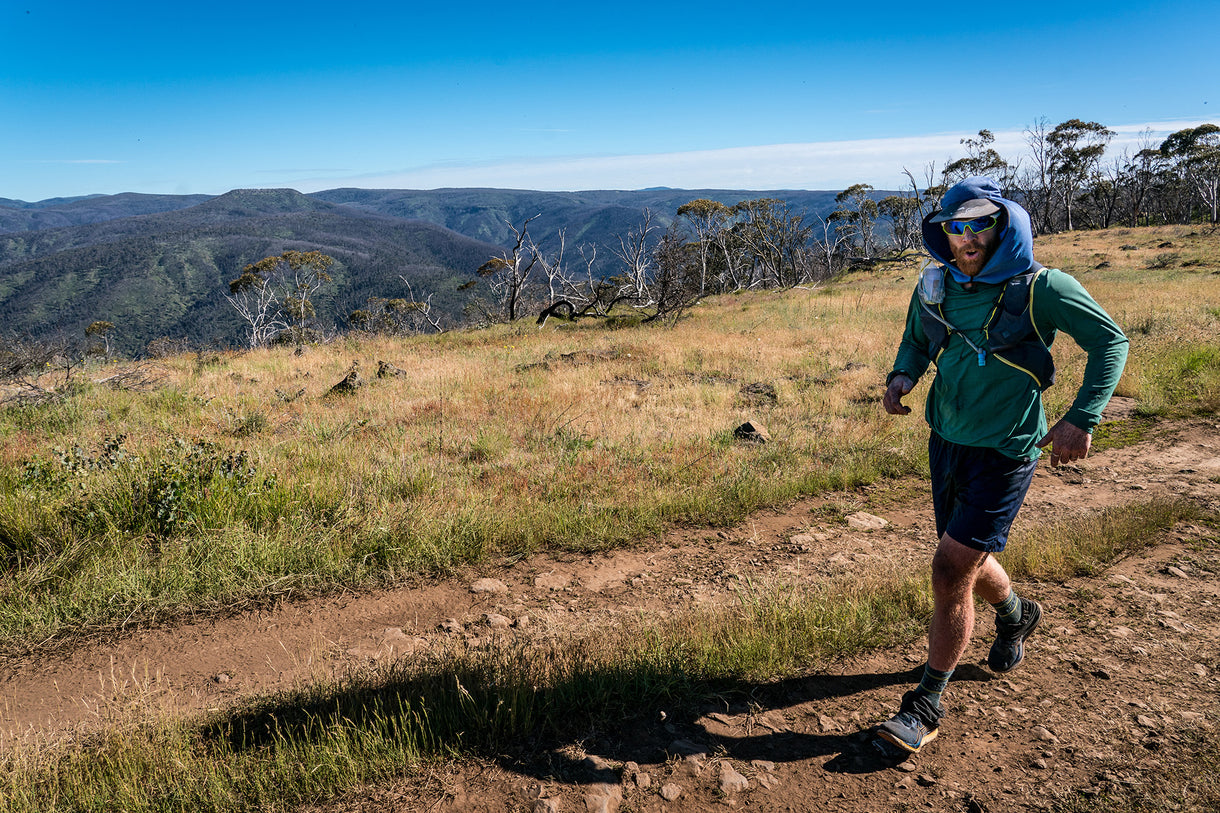

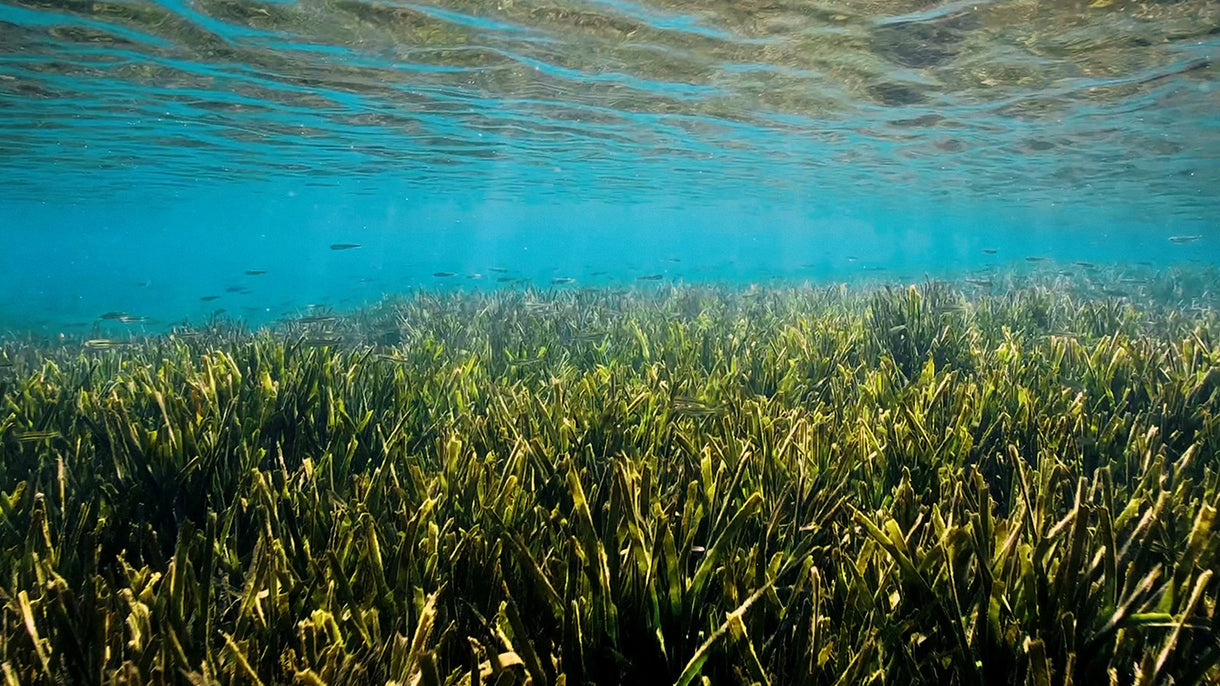
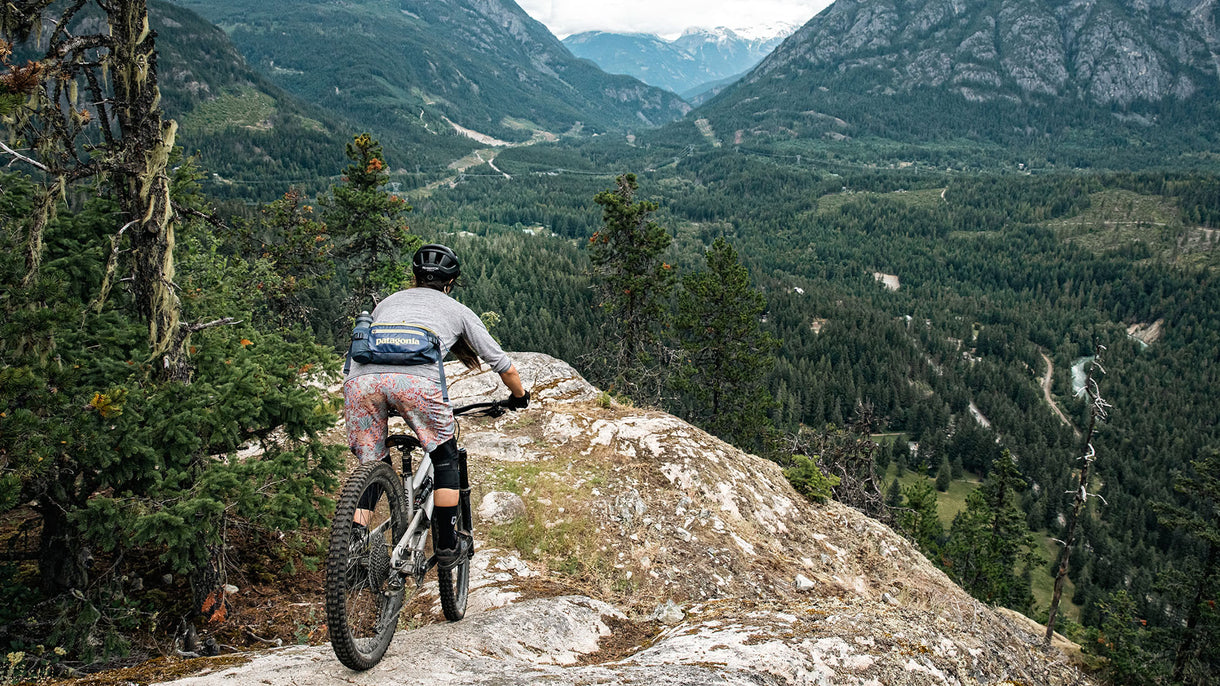
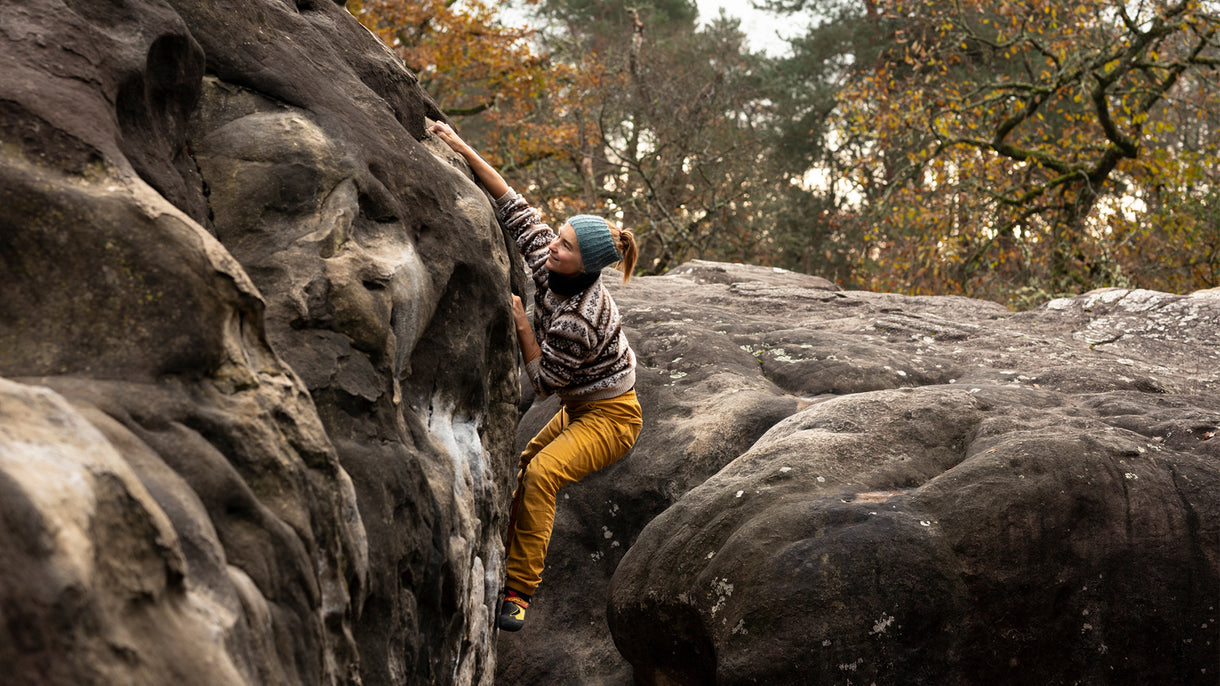




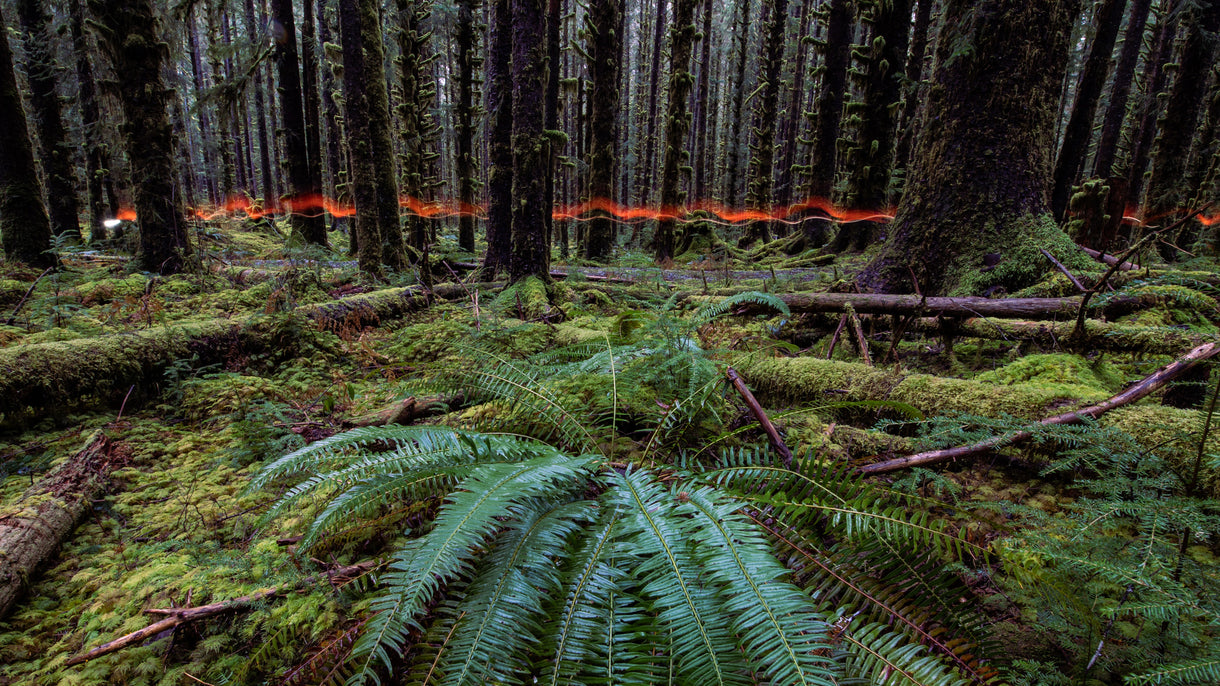



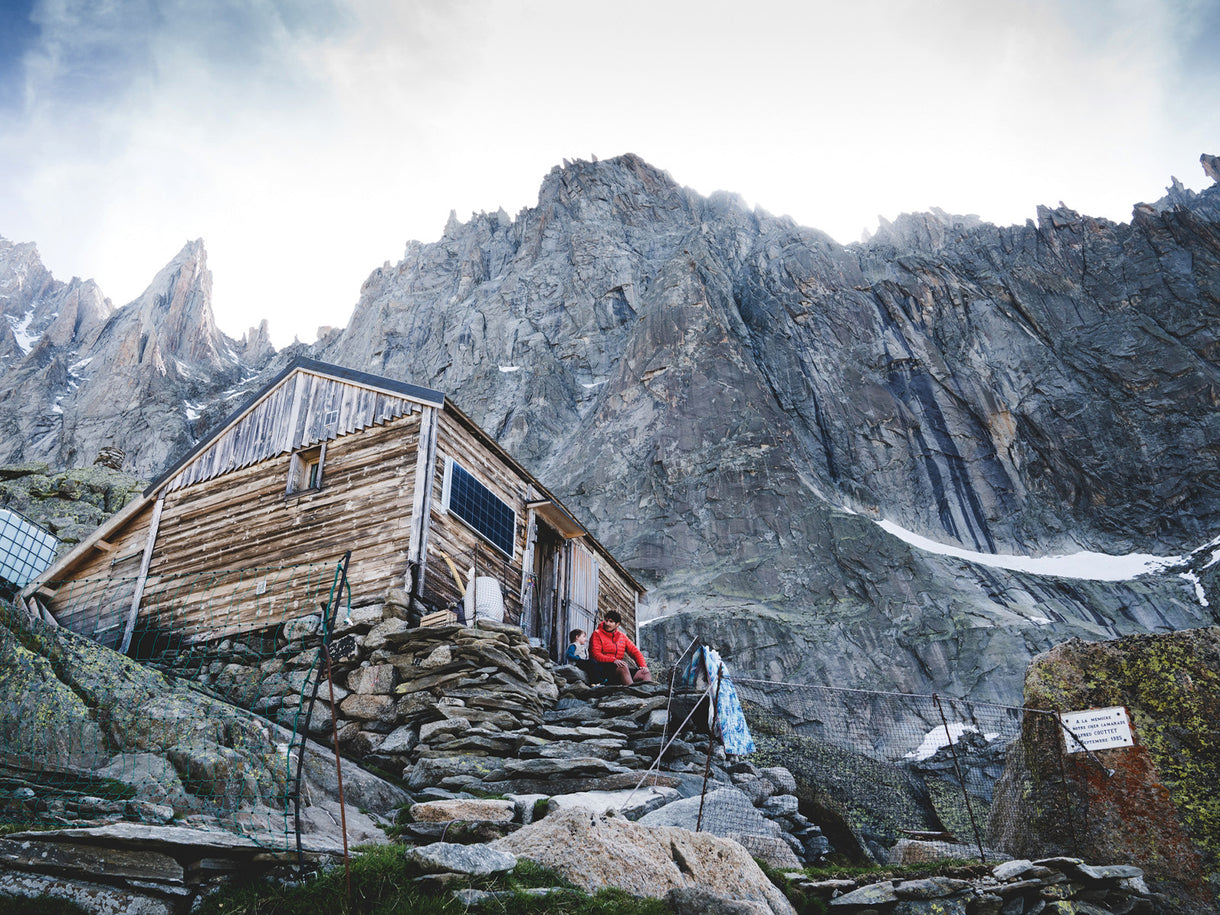





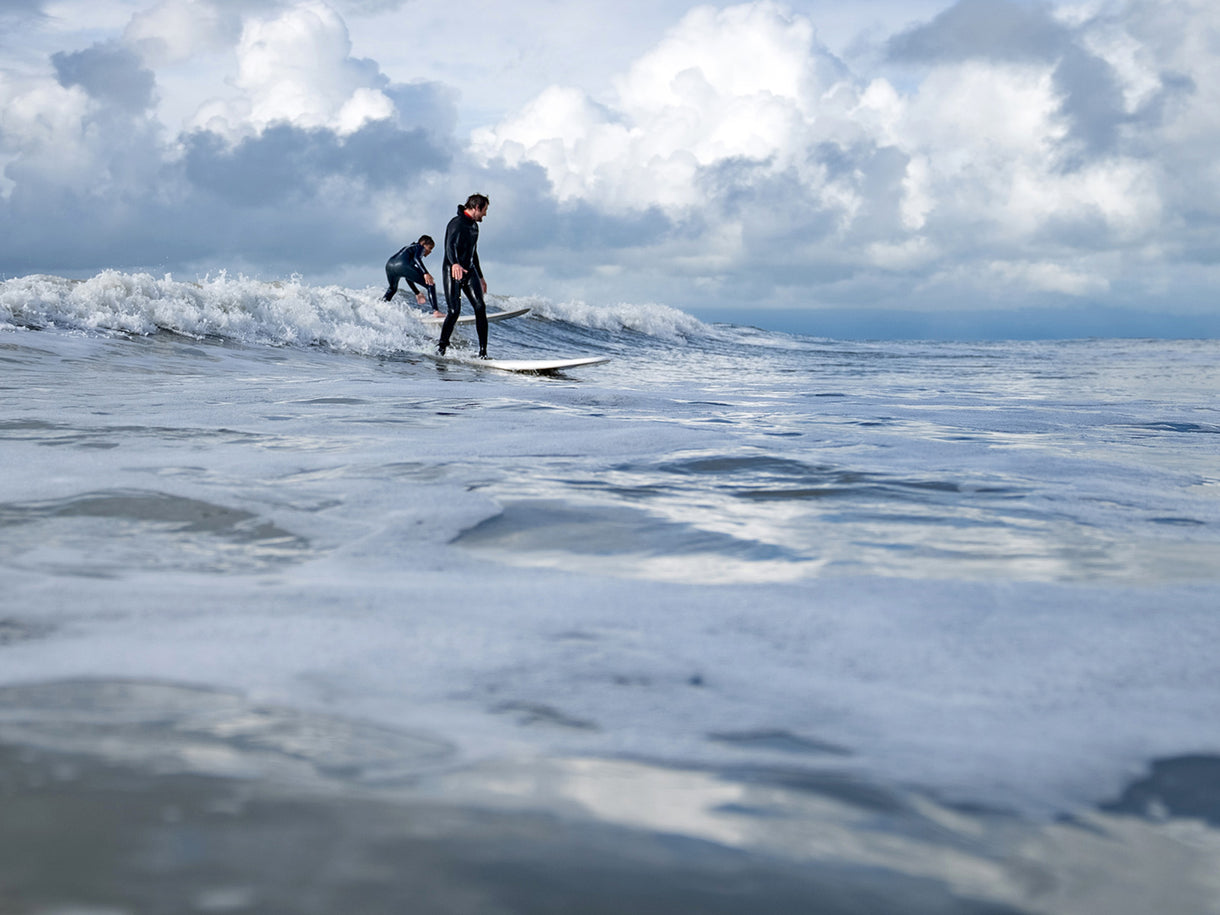

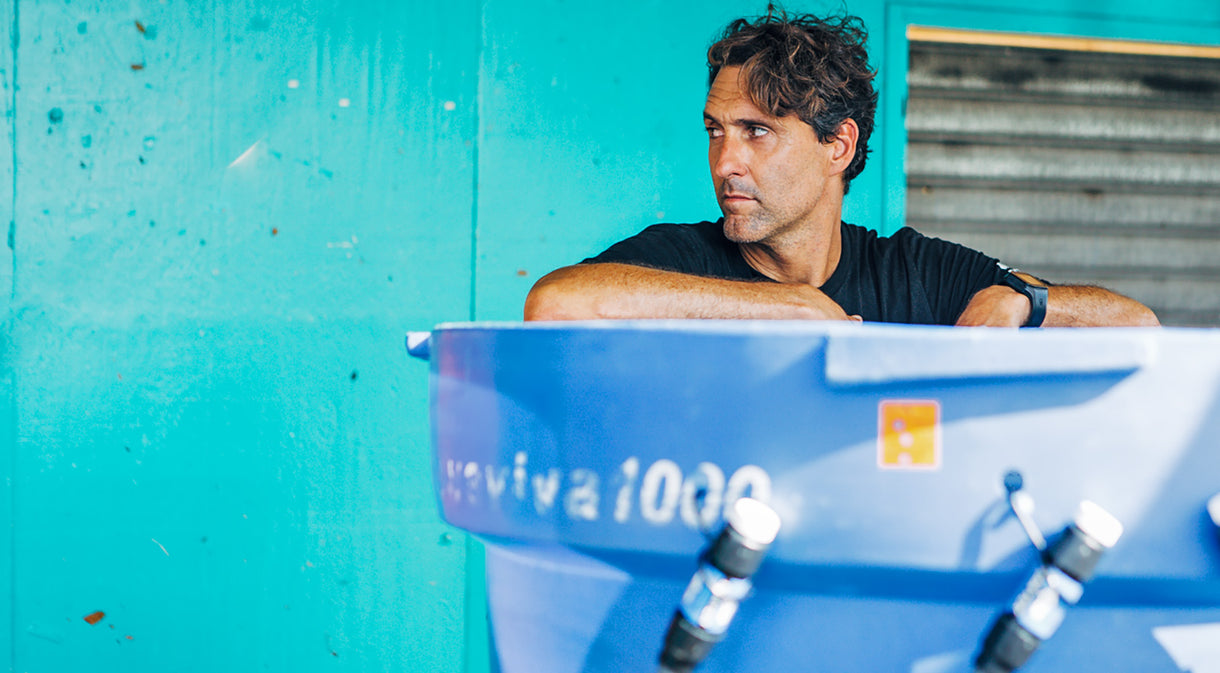
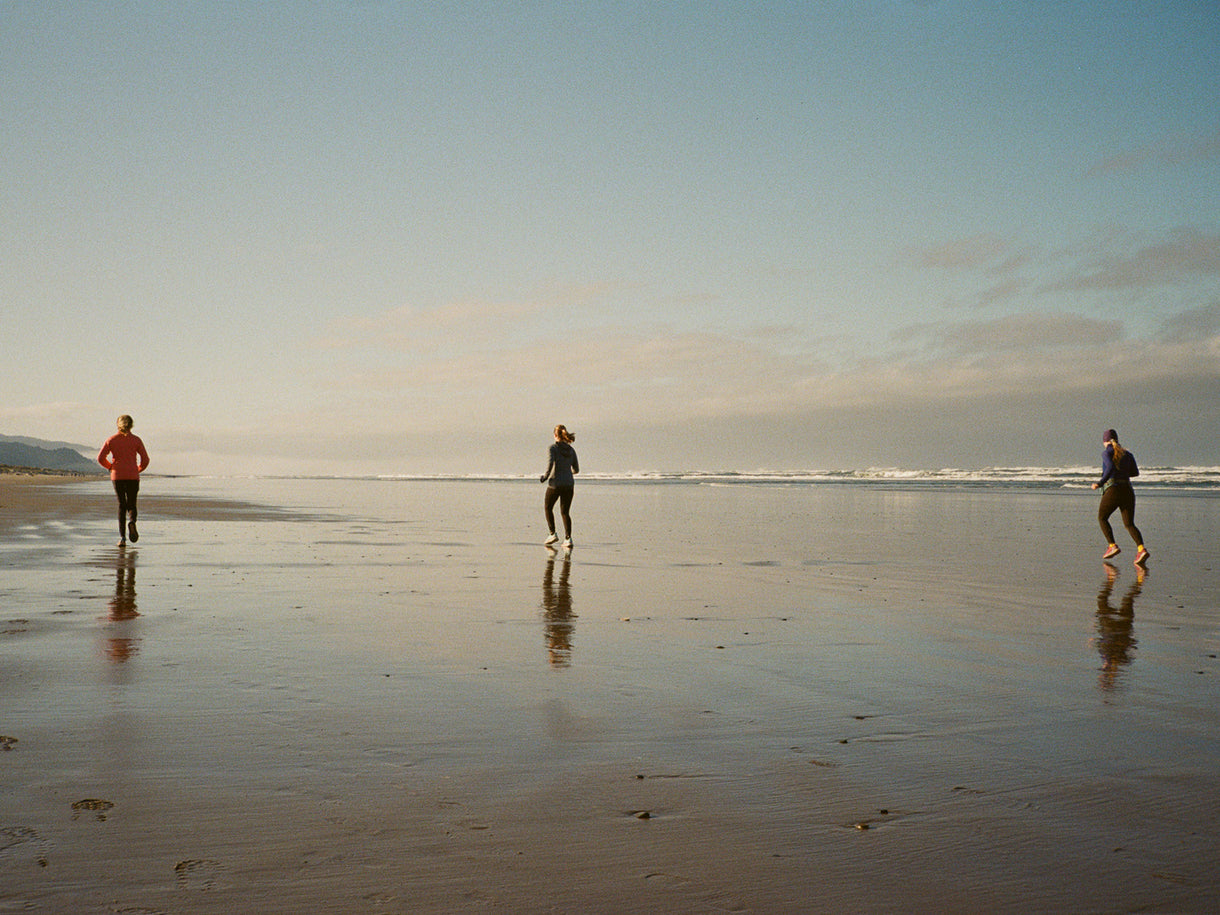
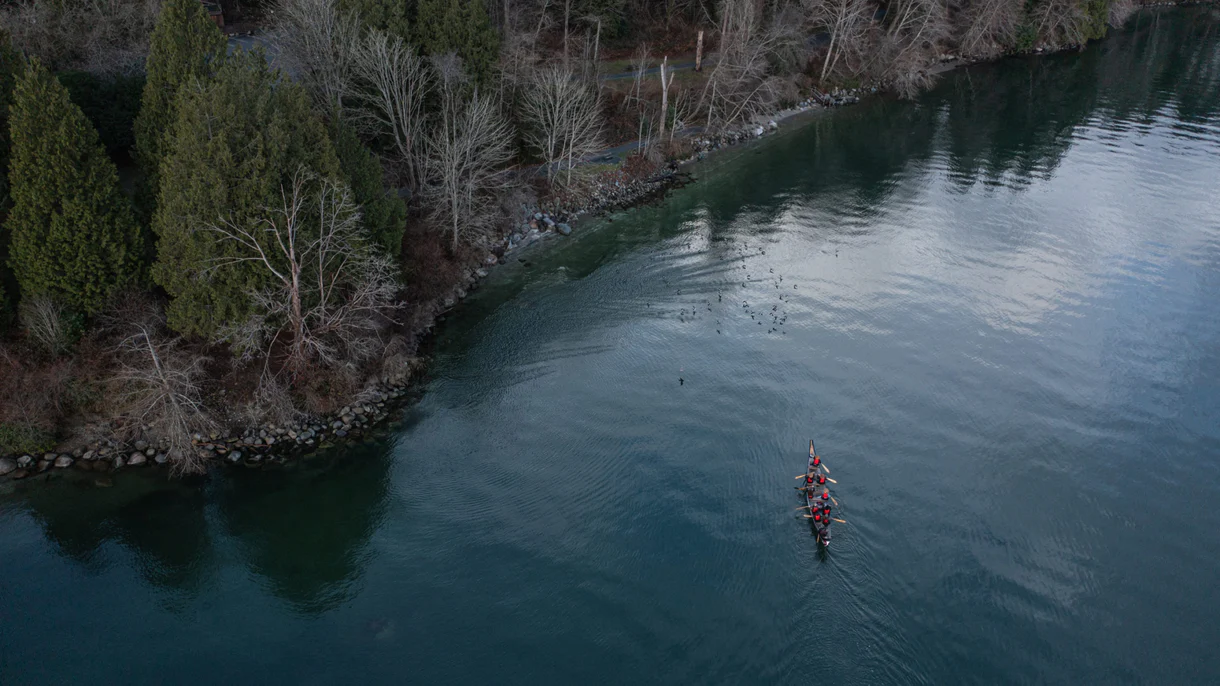
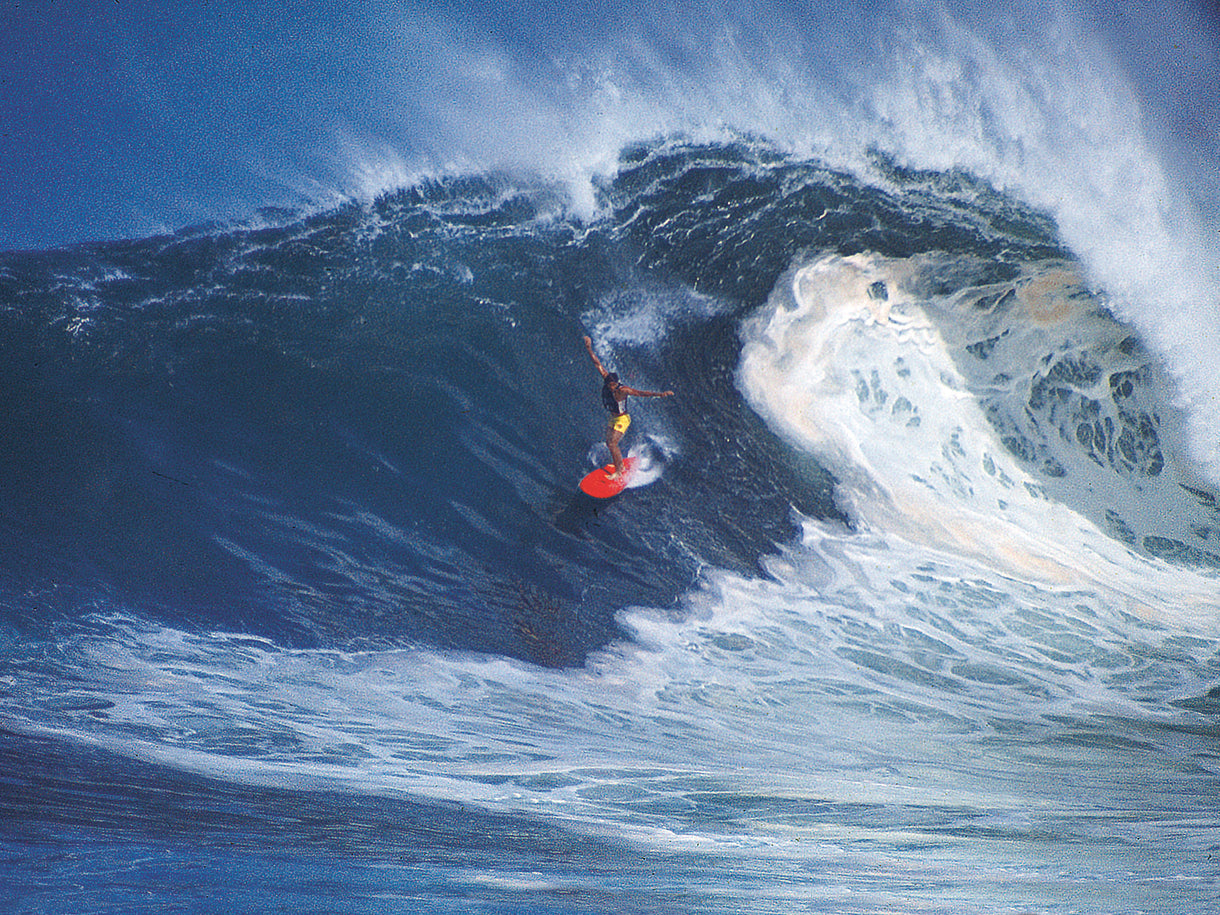
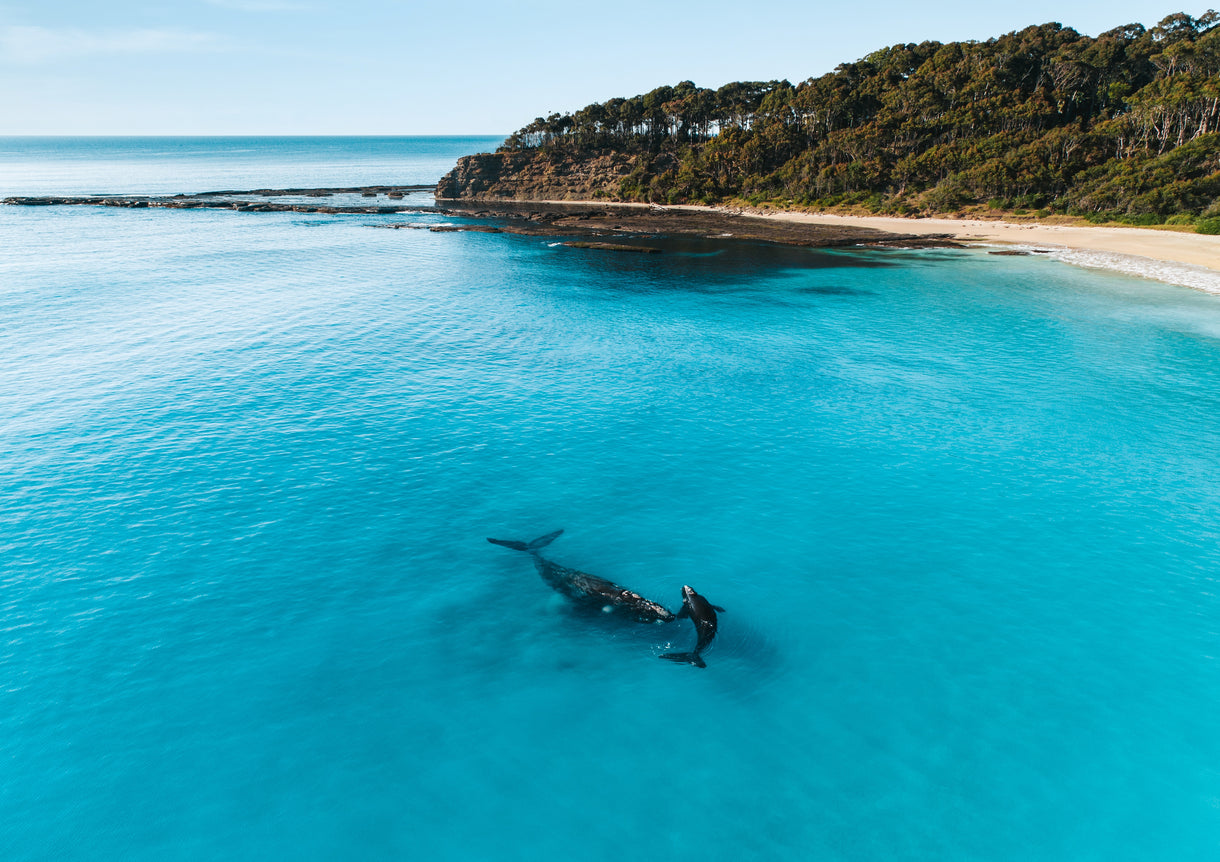
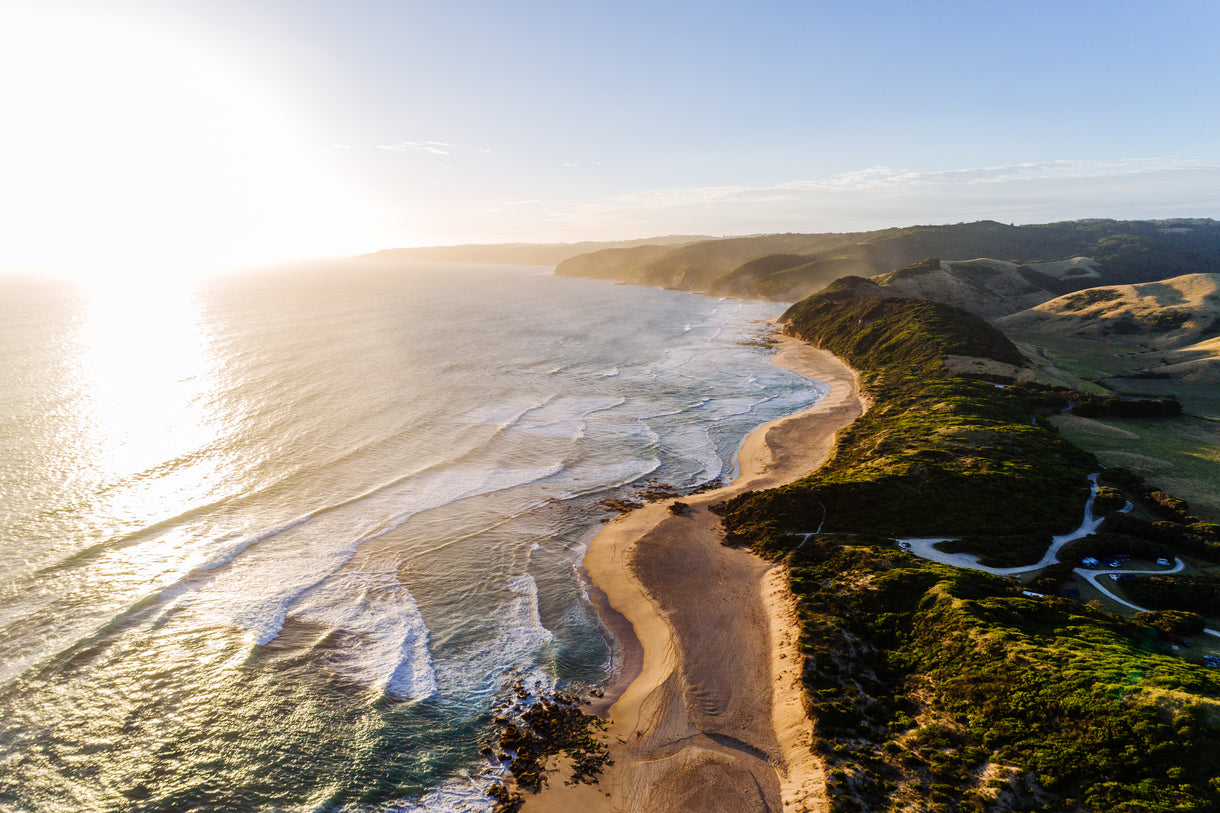
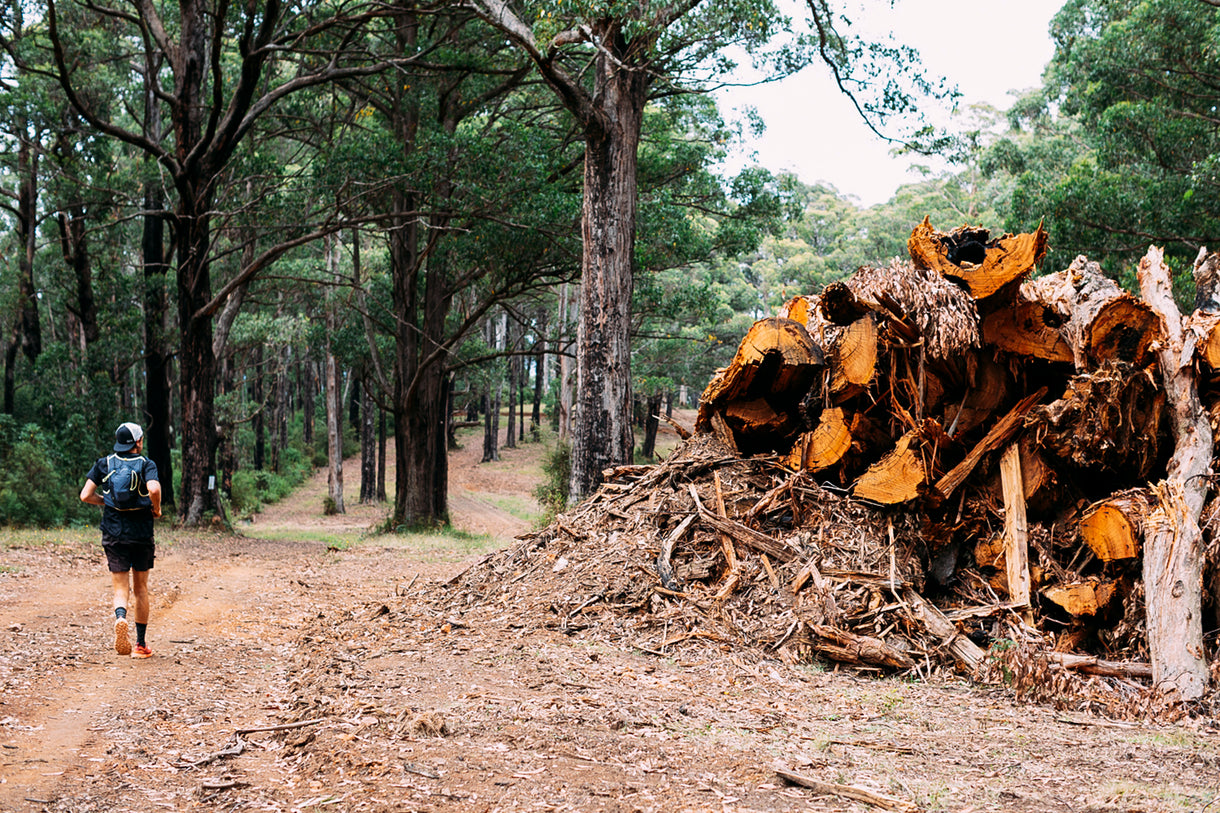
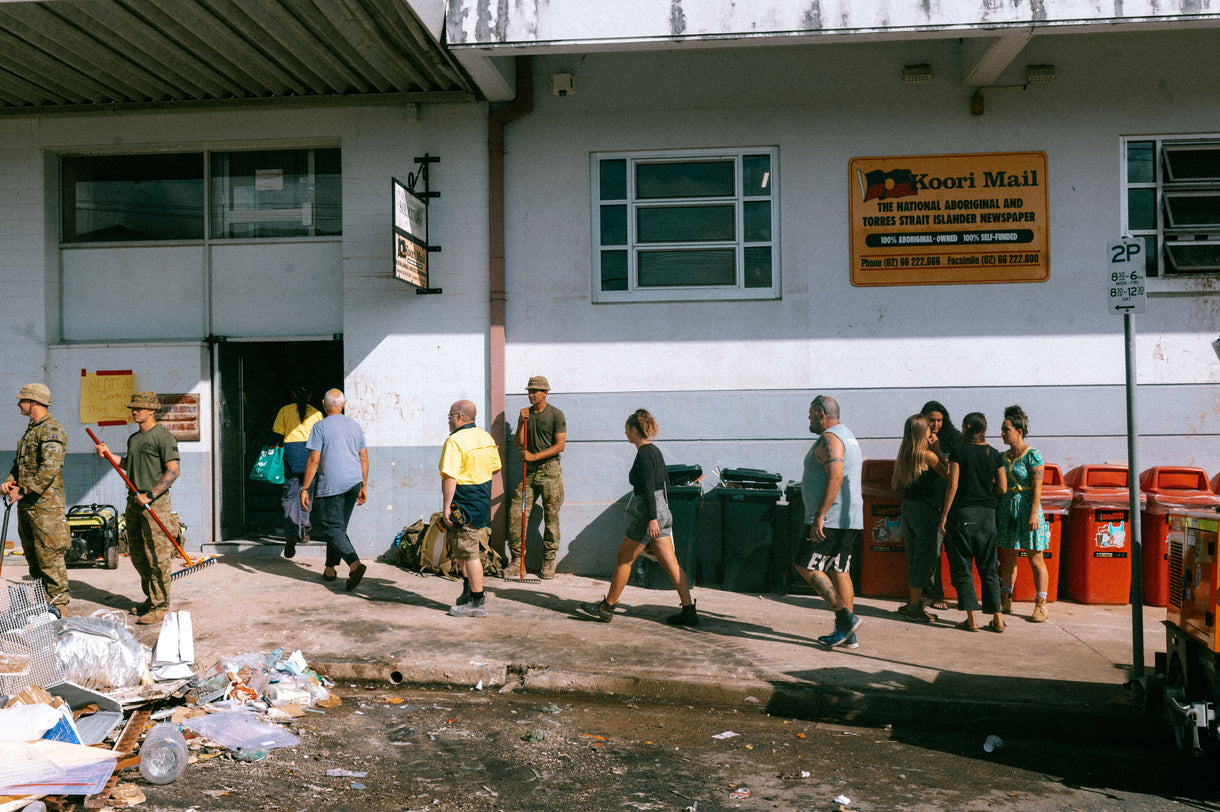

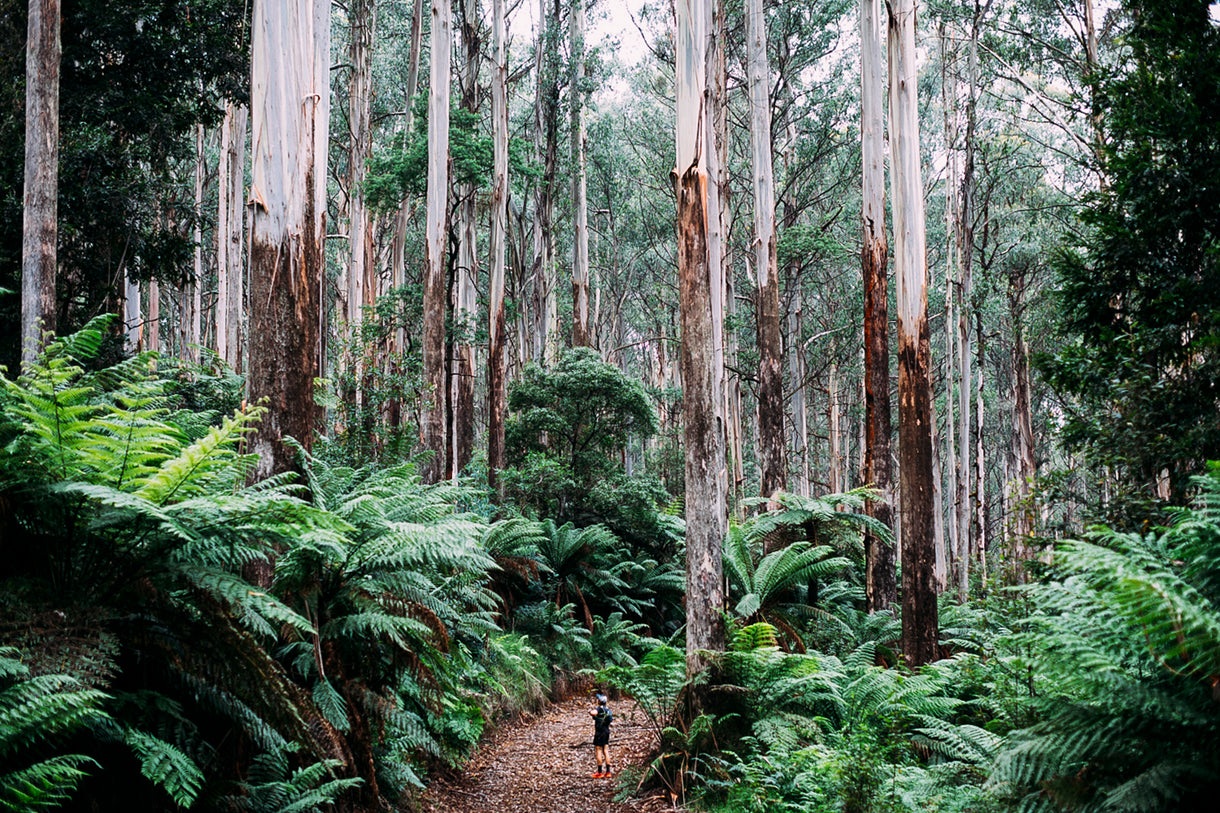
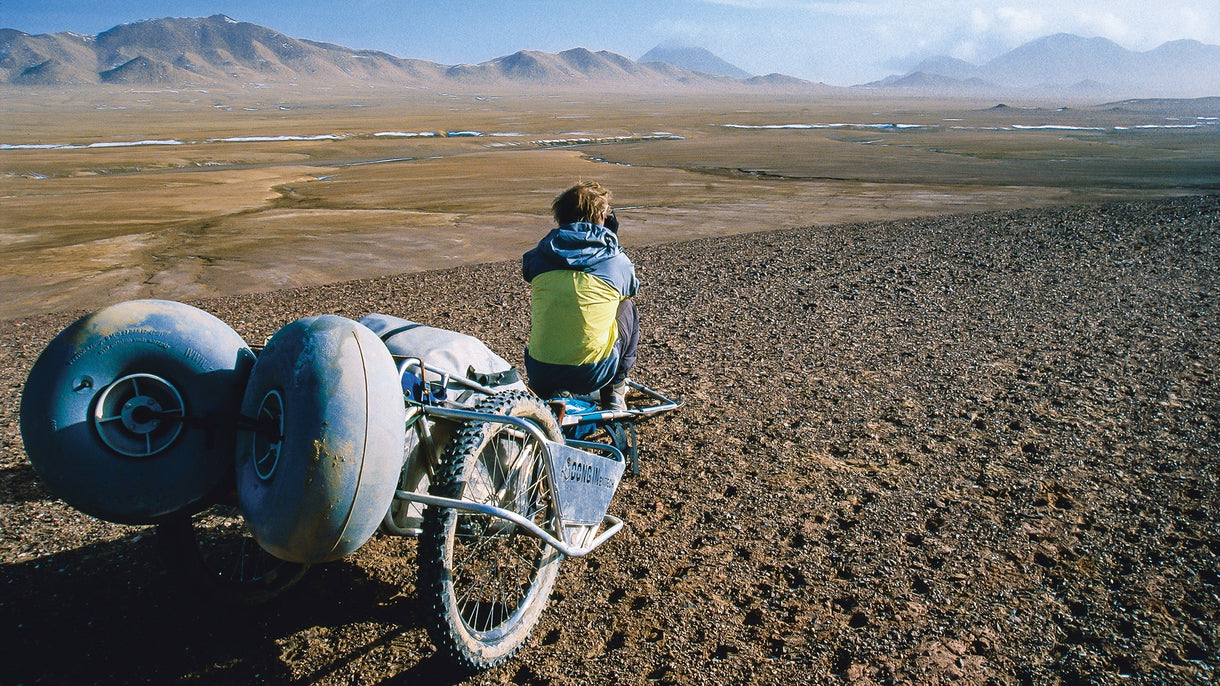
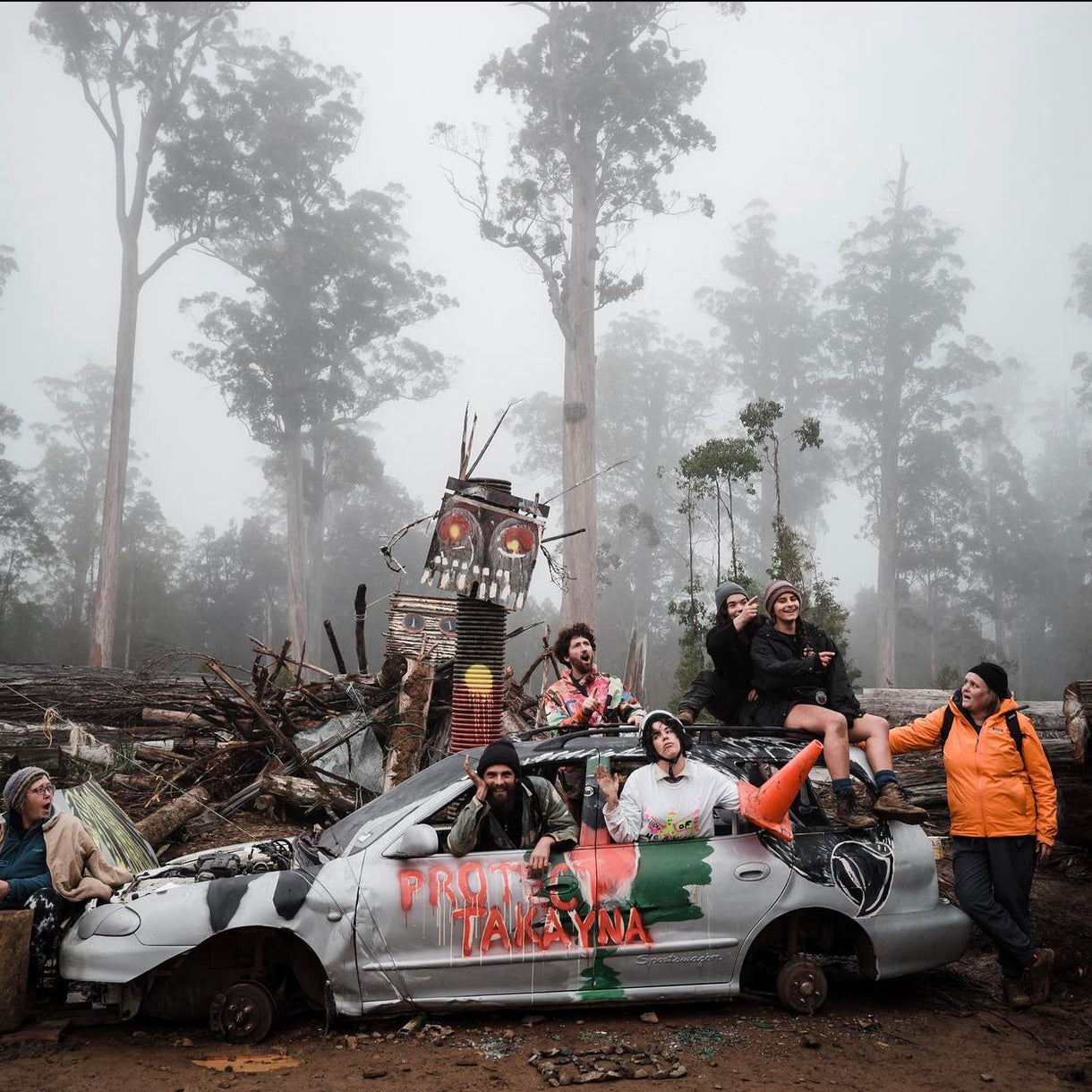
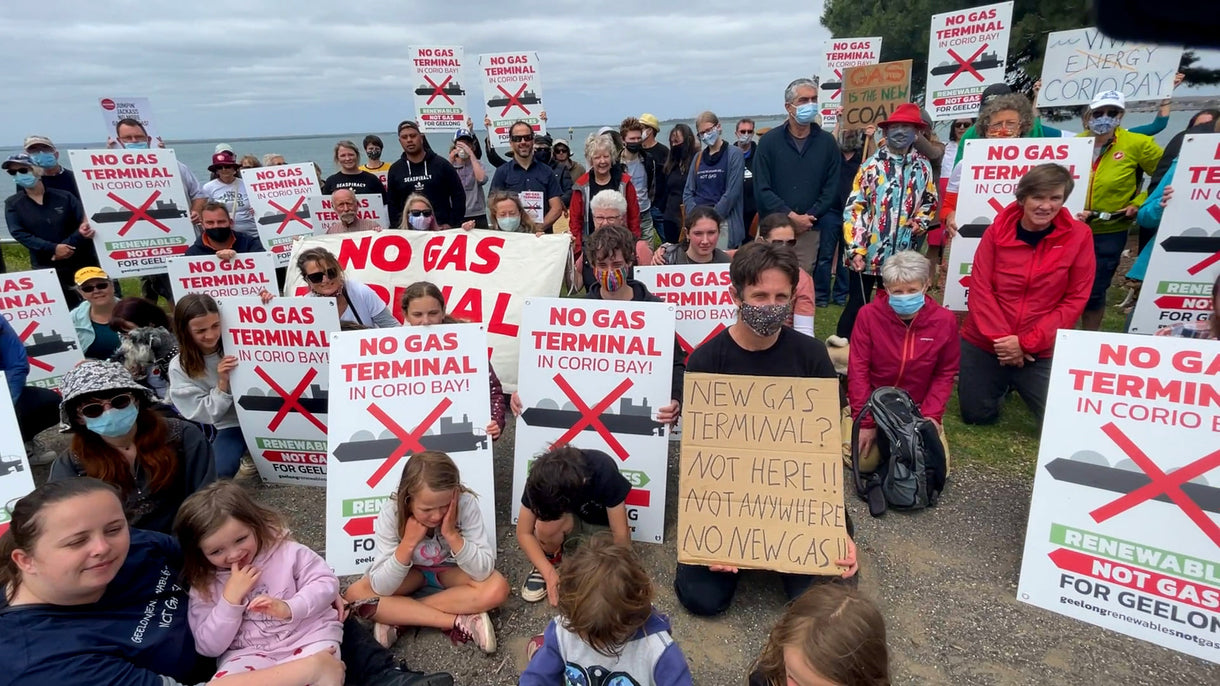

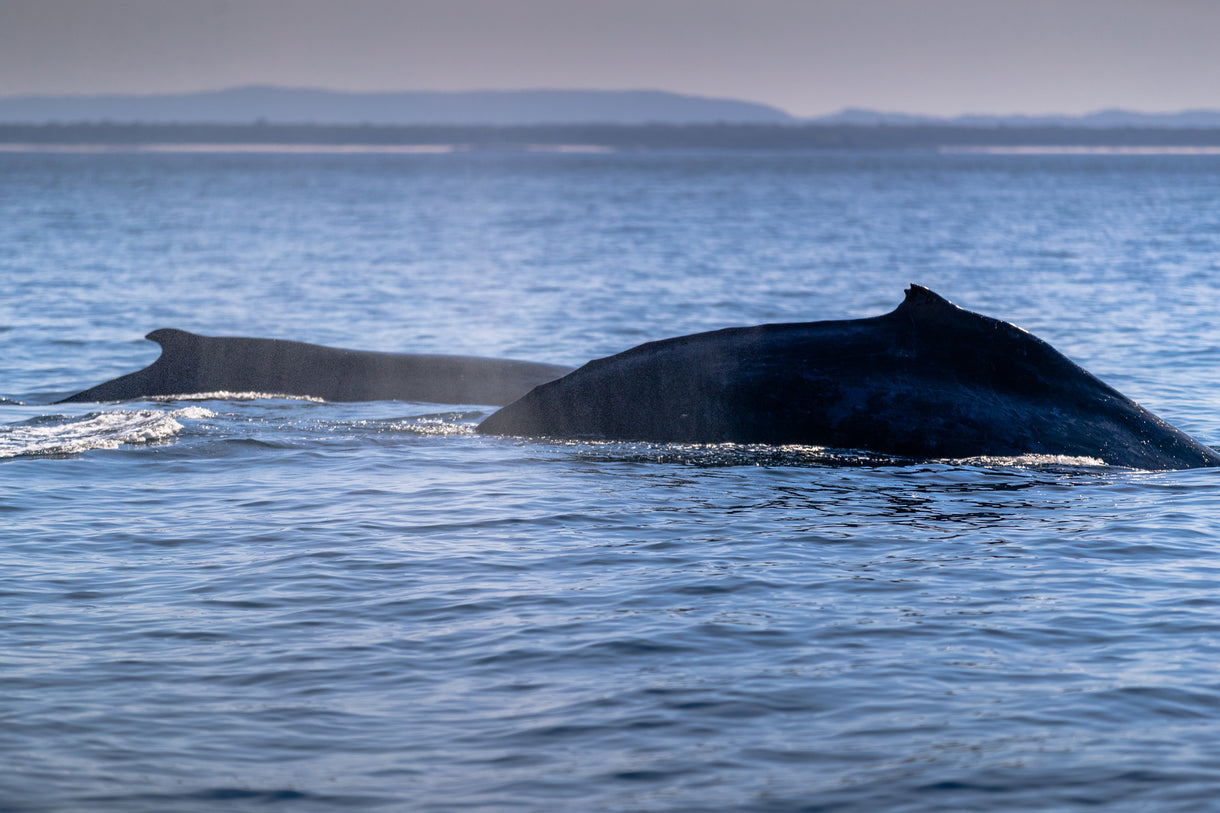
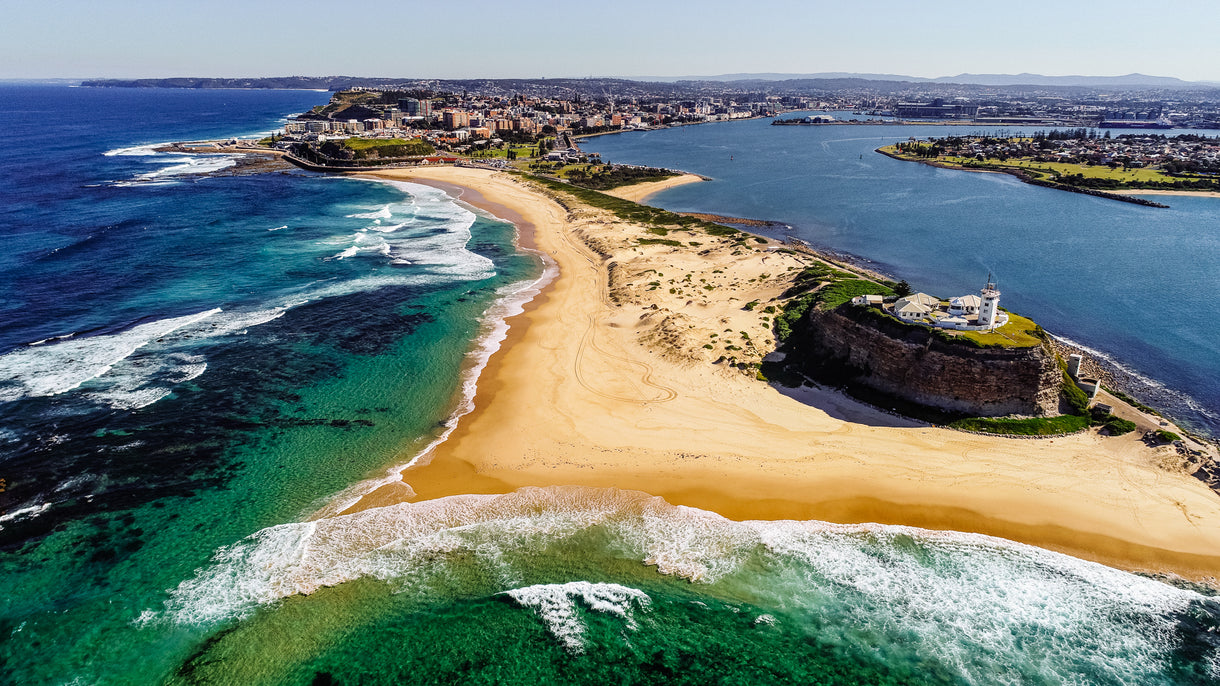
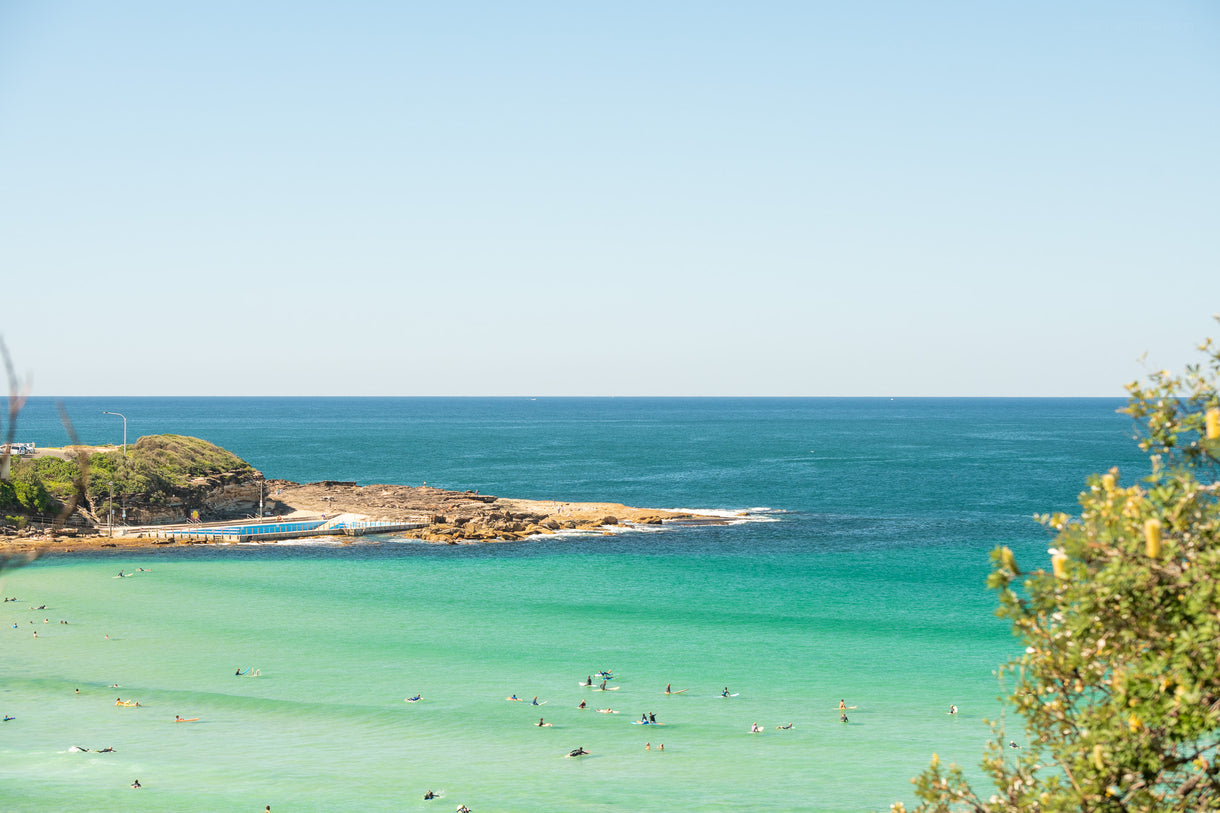
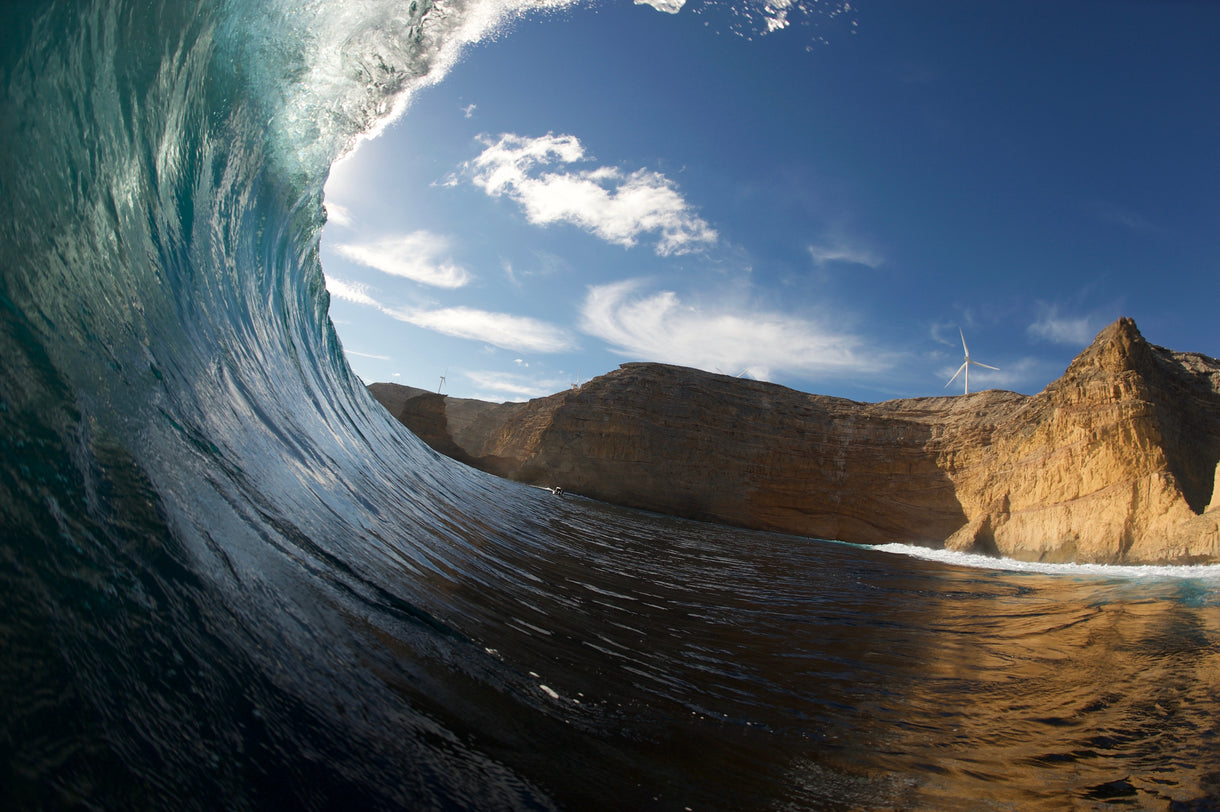
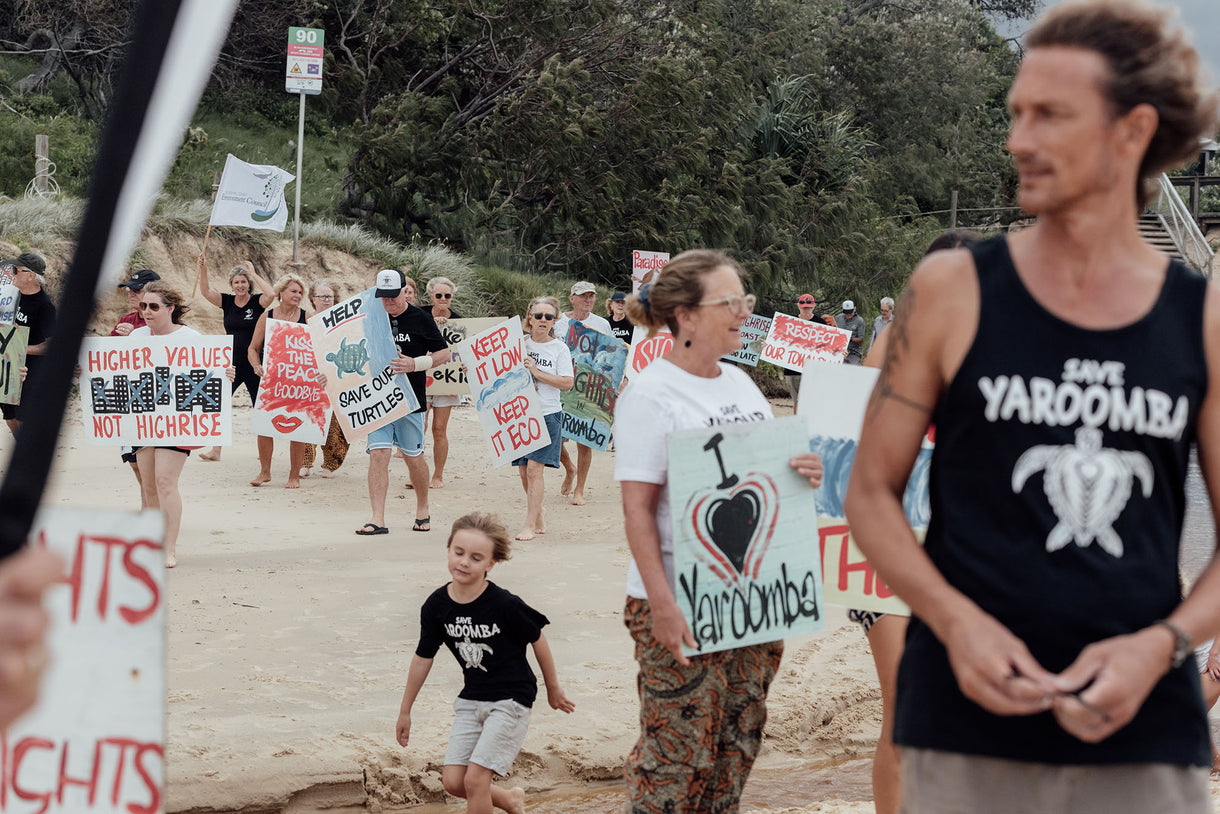
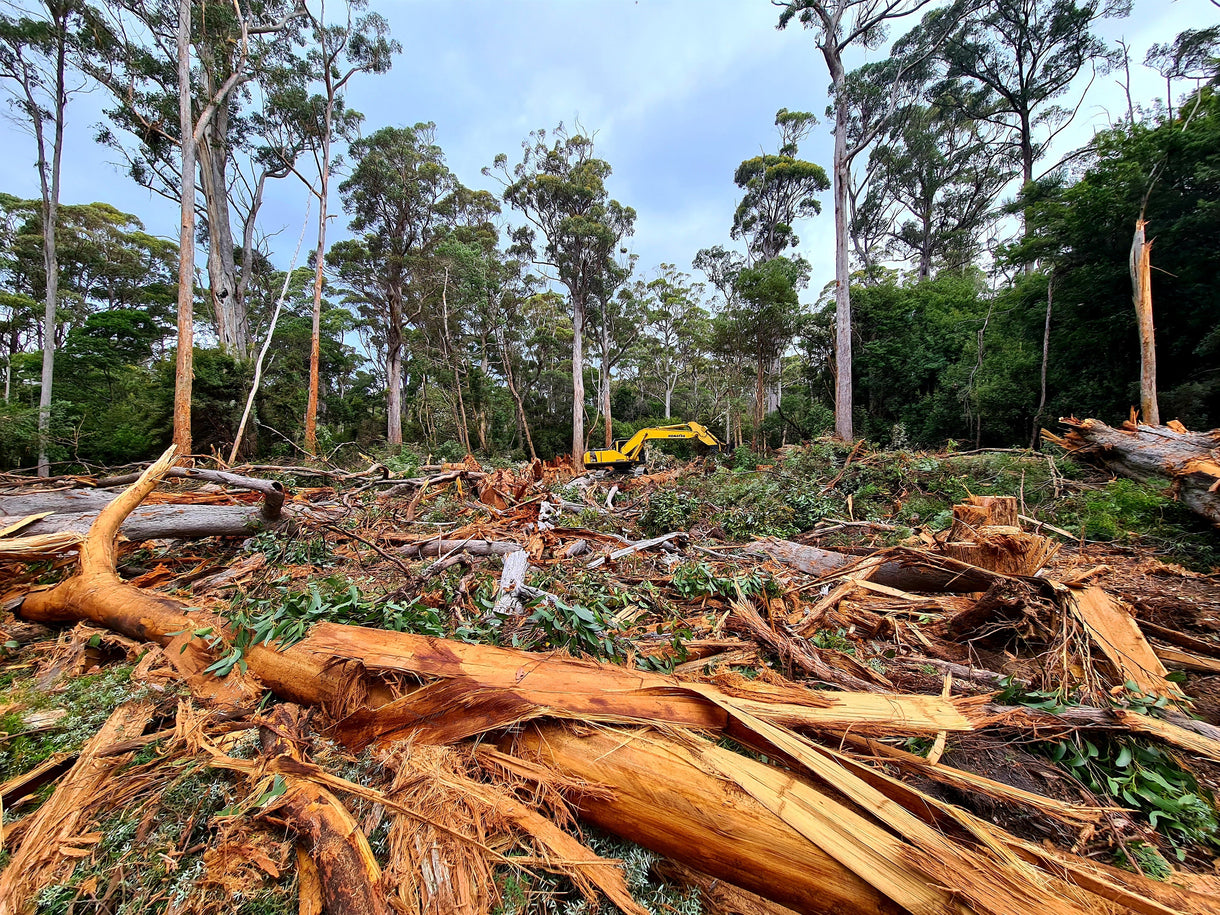
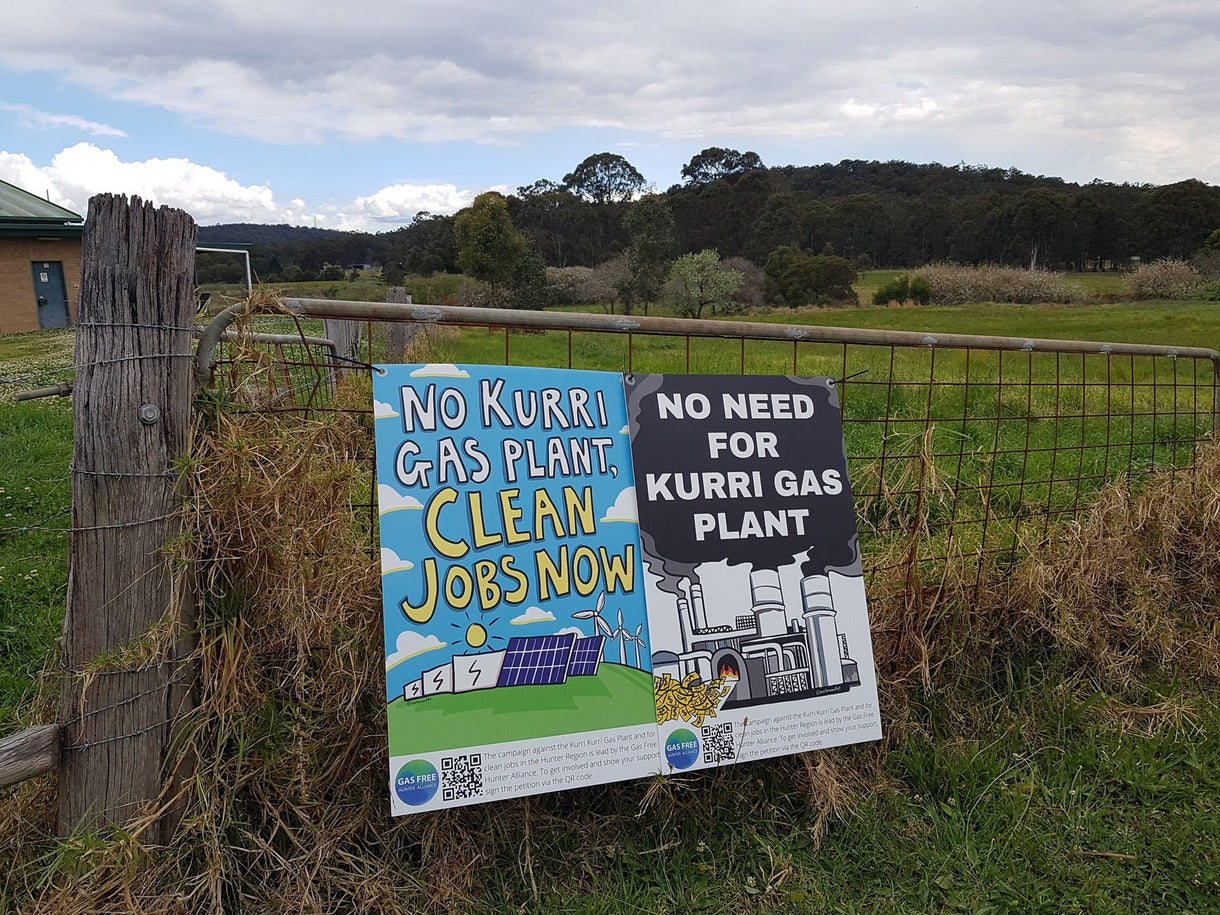
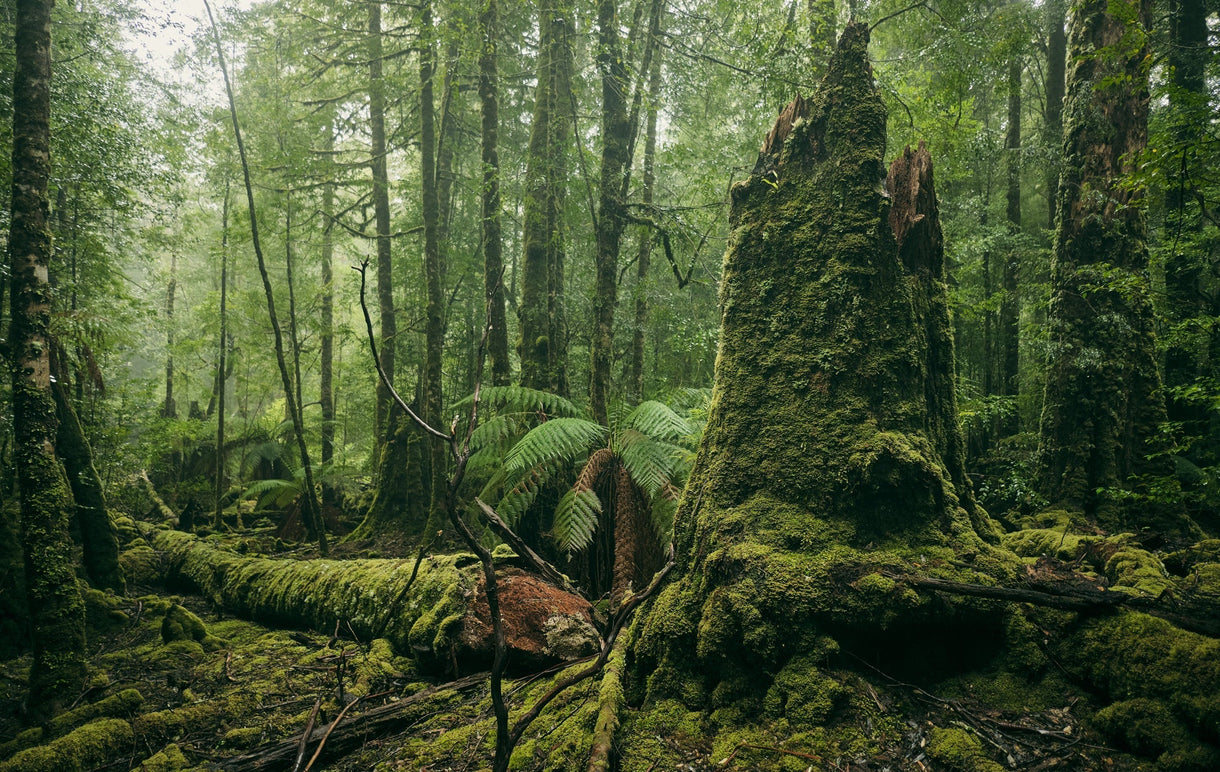
![Today was a huge victory for coastal communities between Sydney and Newcastle. [Front] Damien Cole, Belinda Baggs, Drew McPherson and Asha Niddrie. Photo Zoe Strapp](http://www.patagonia.com.au/cdn/shop/articles/strapp_z_AUS_000142_b147f38f-4f28-4e66-a3ea-89fccd422484_1220x.jpg?v=1650419749)
